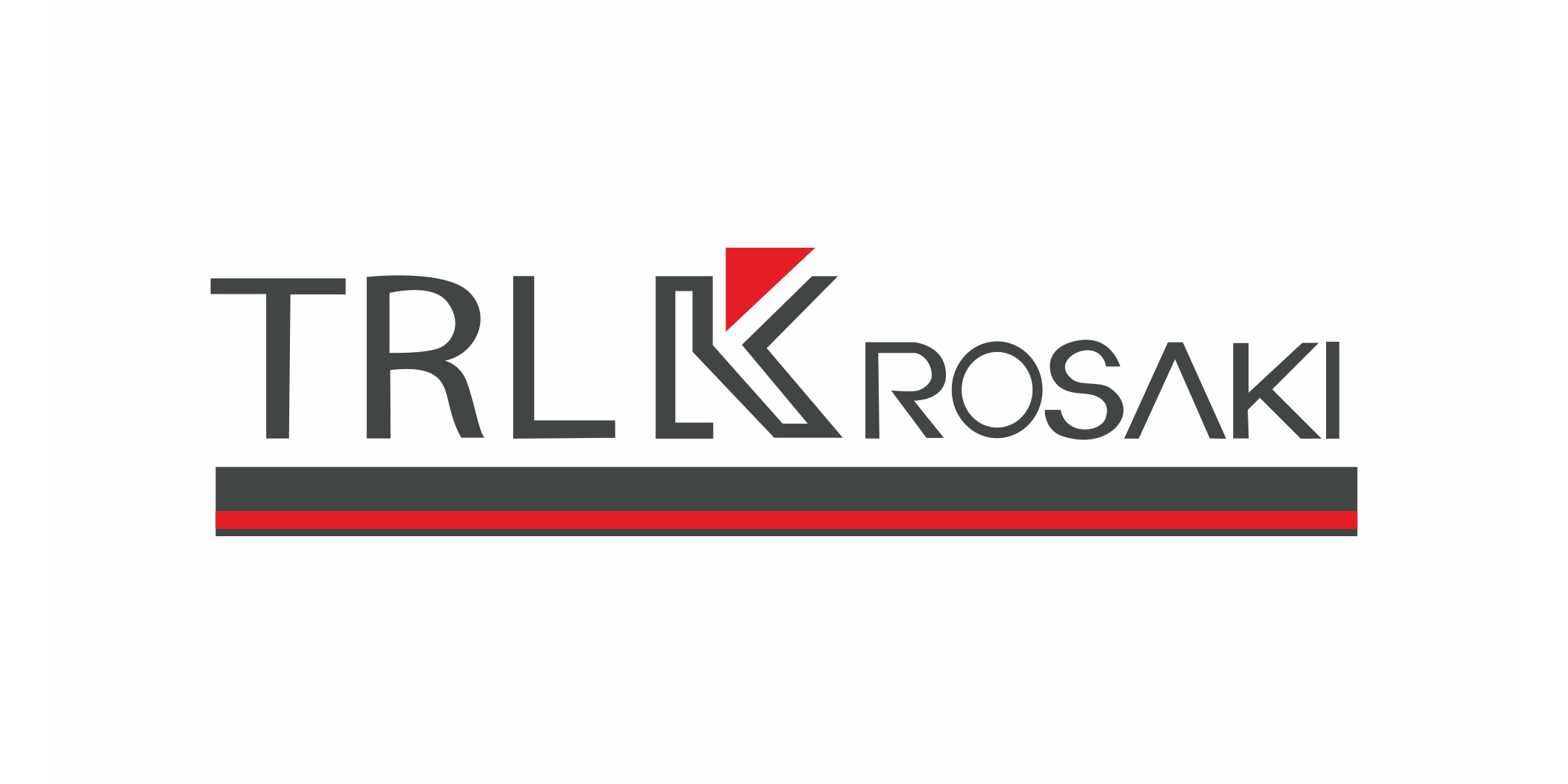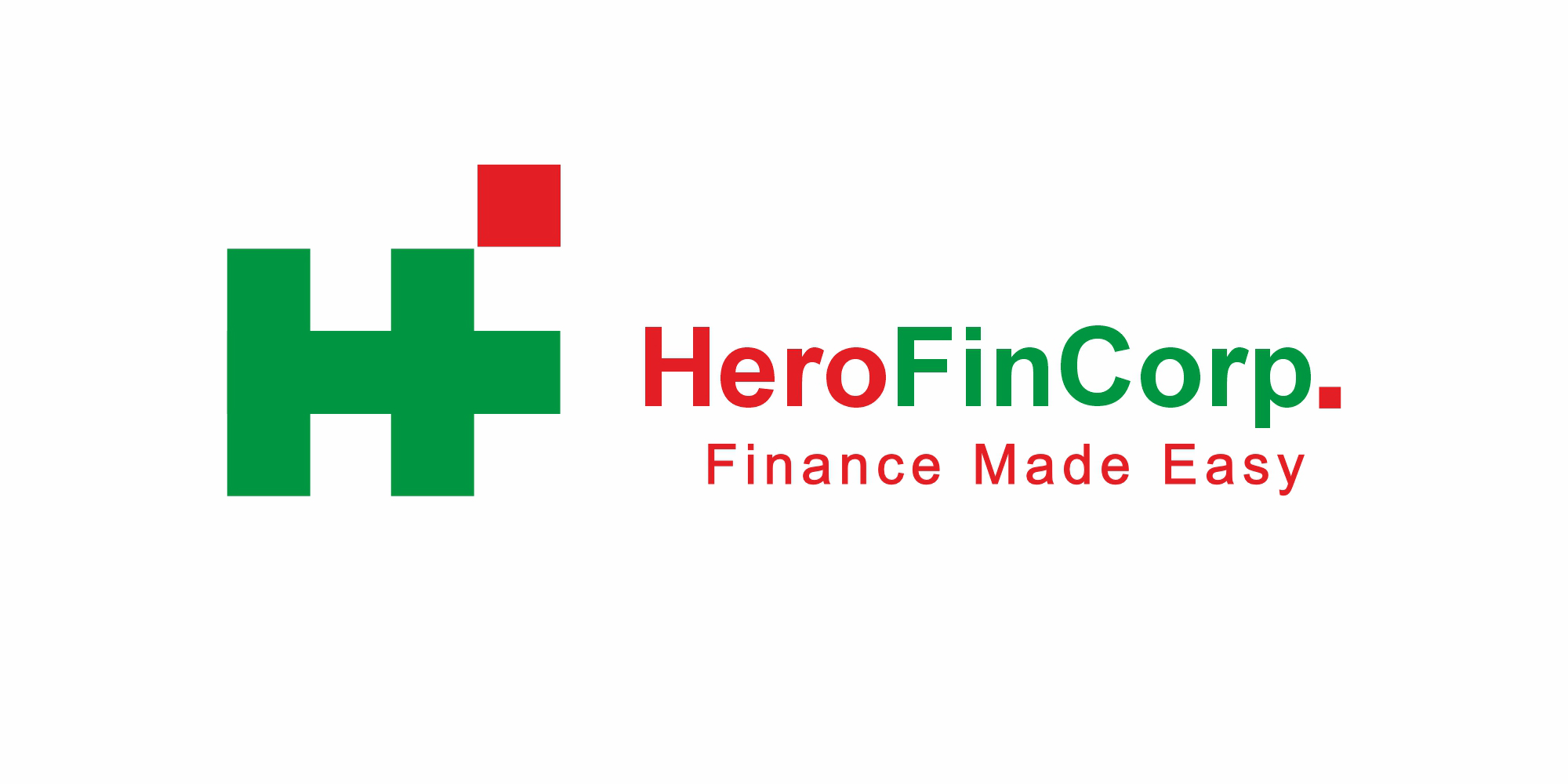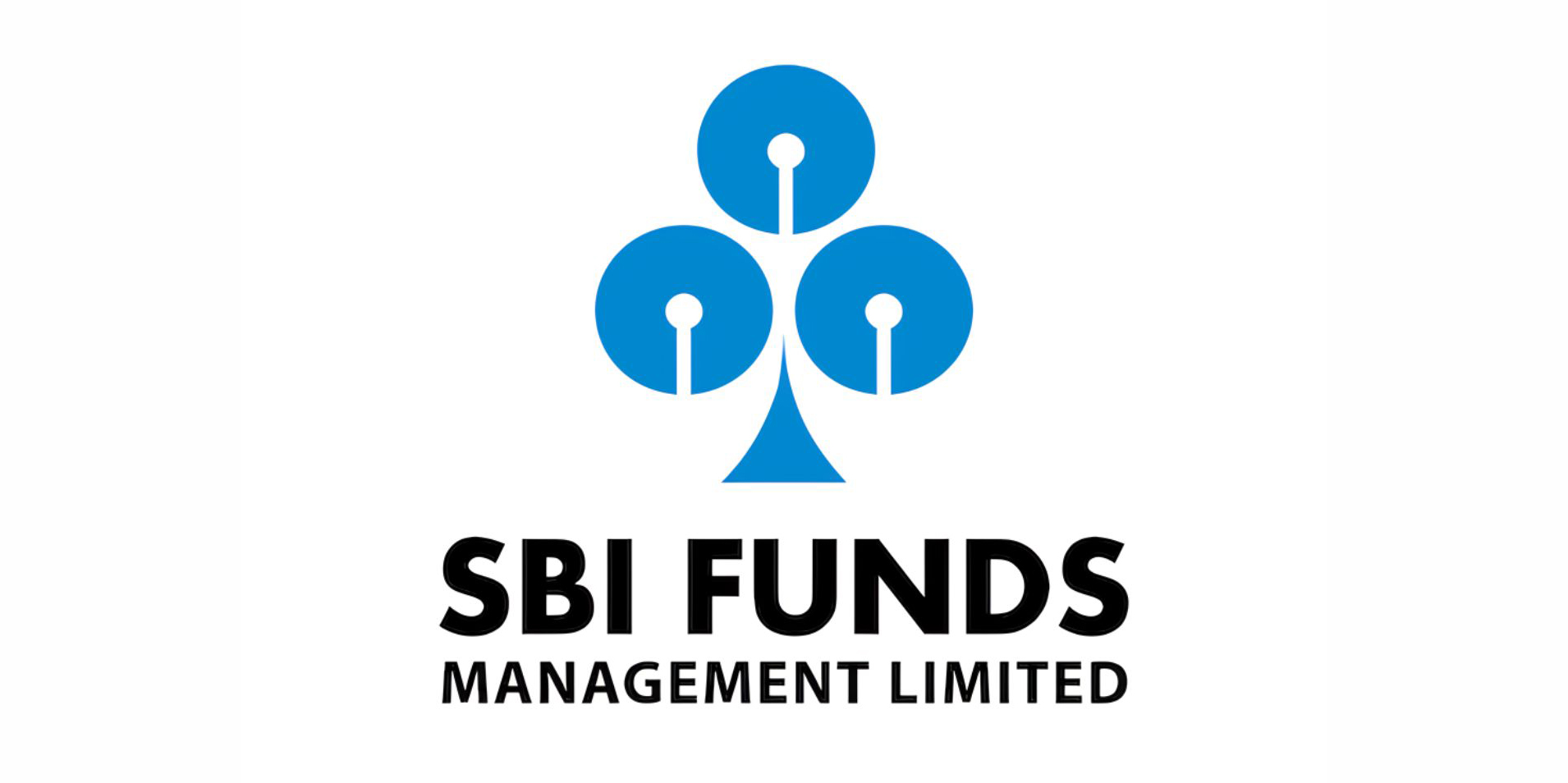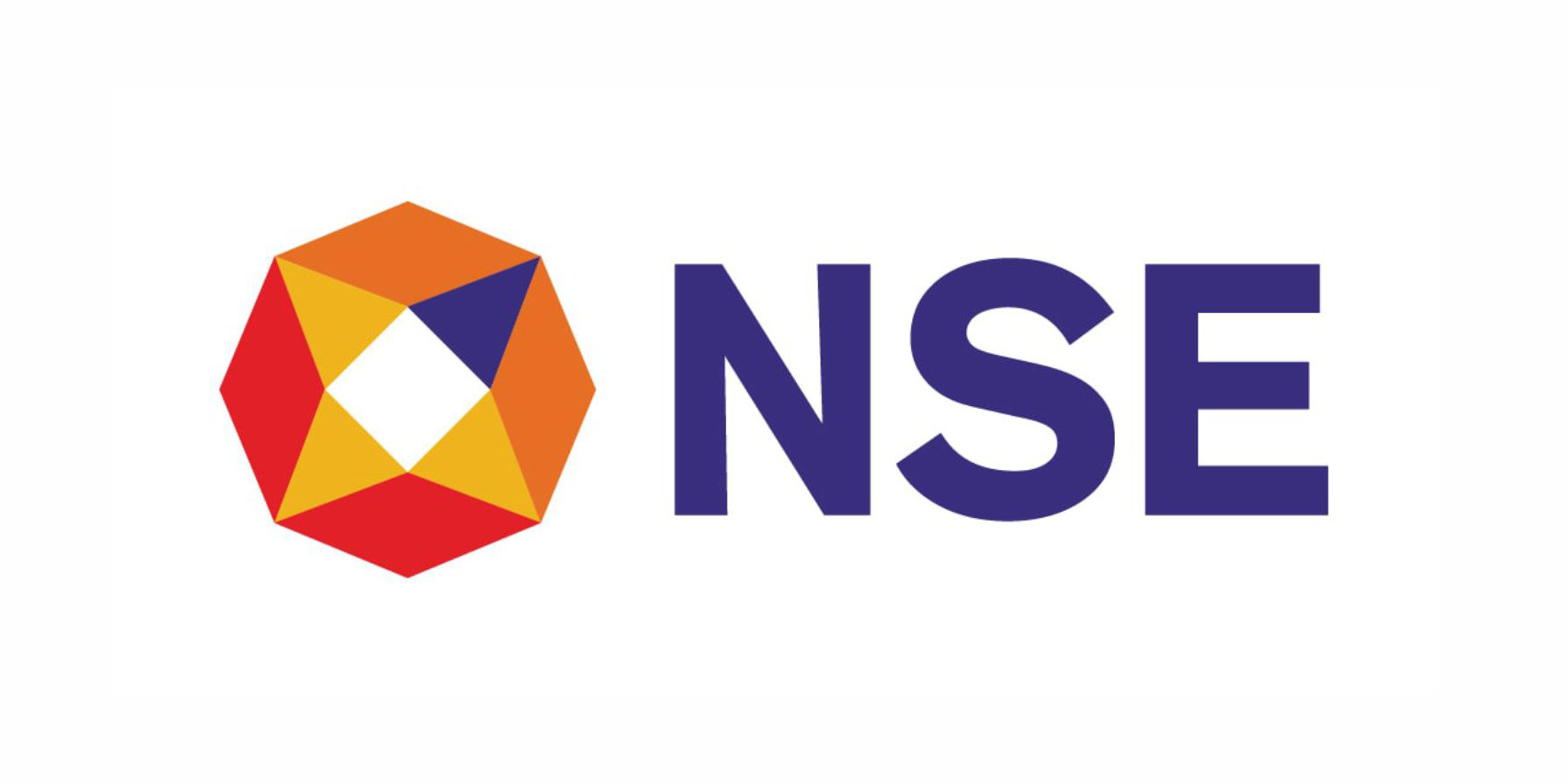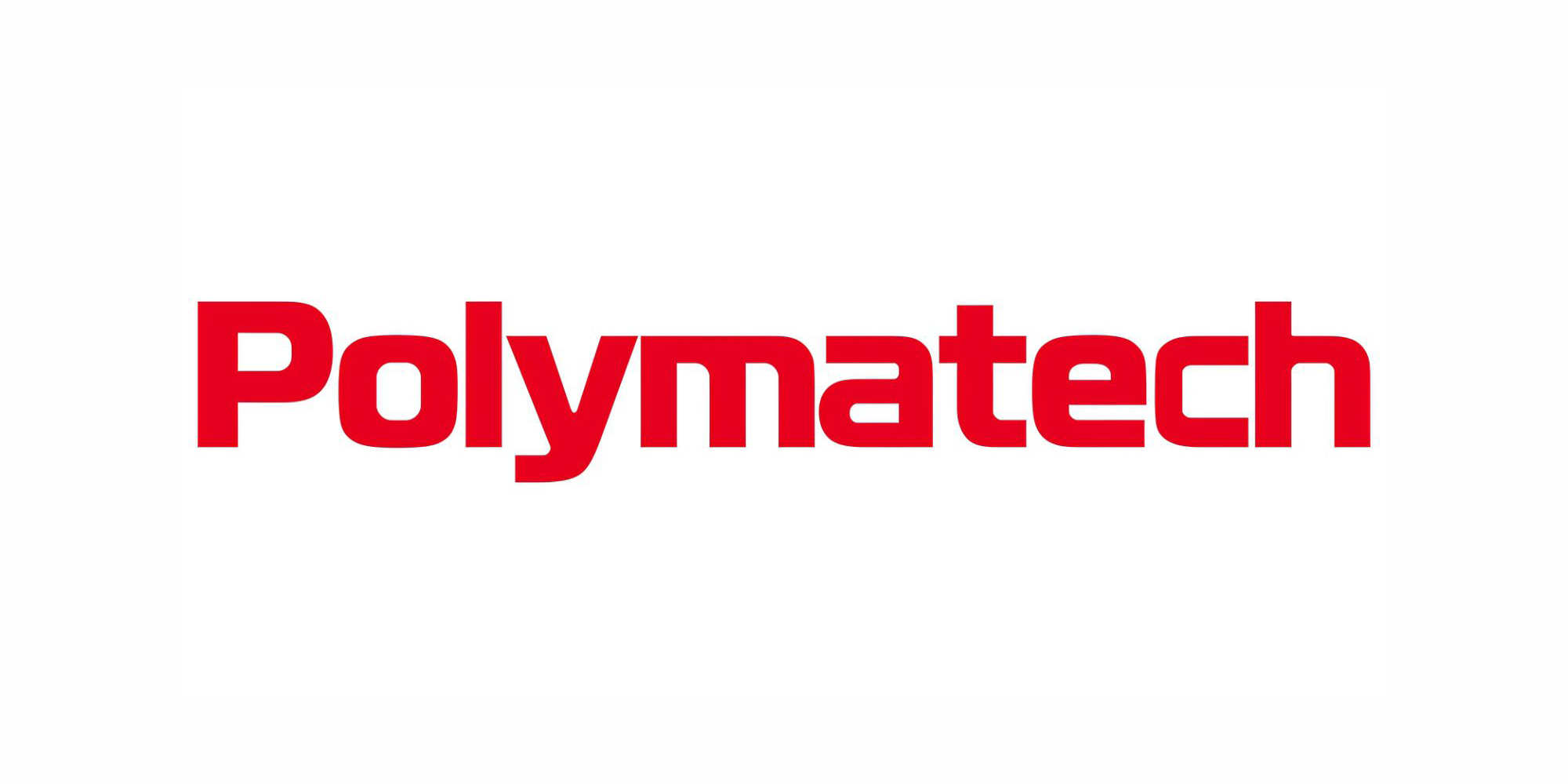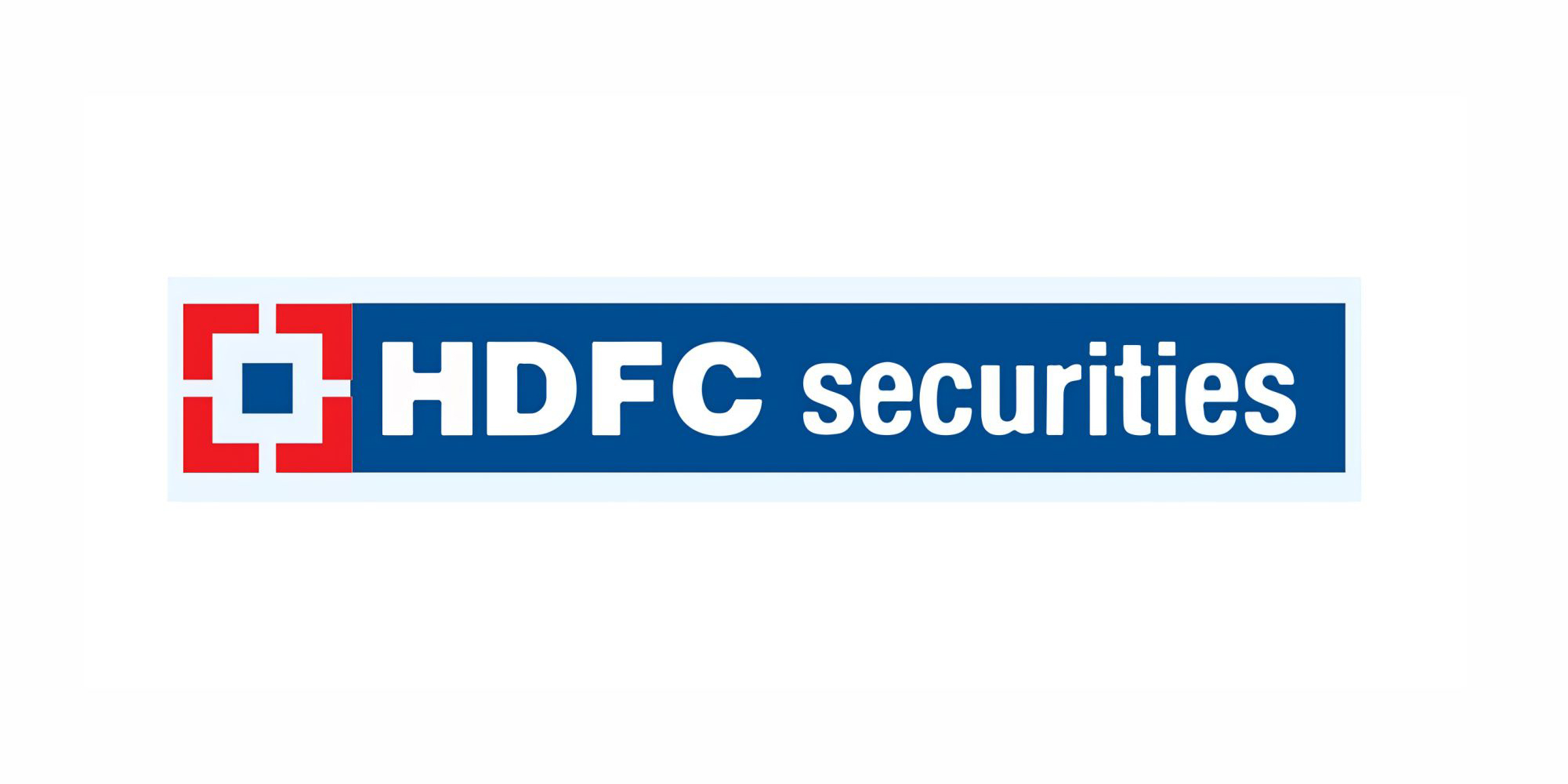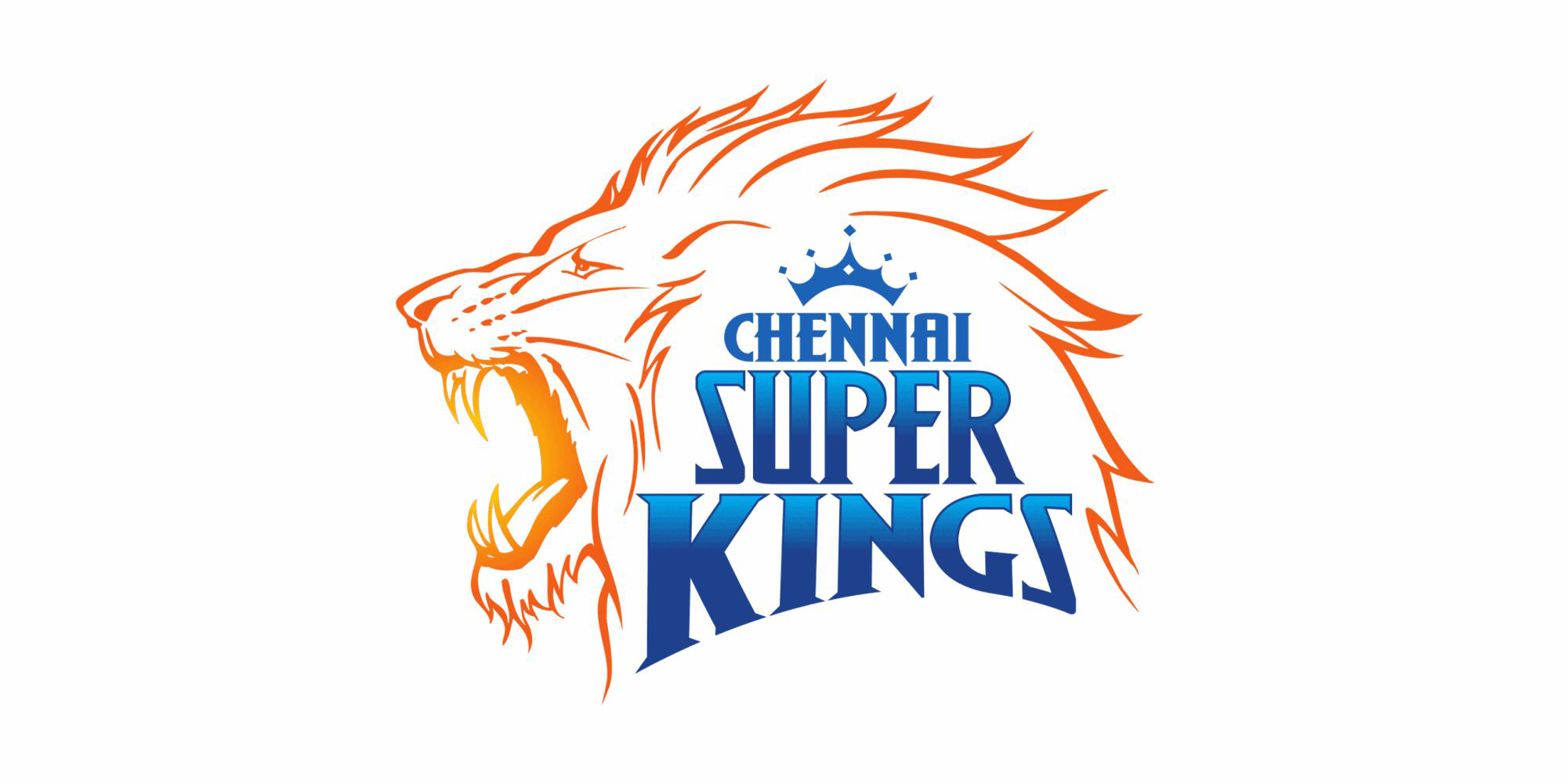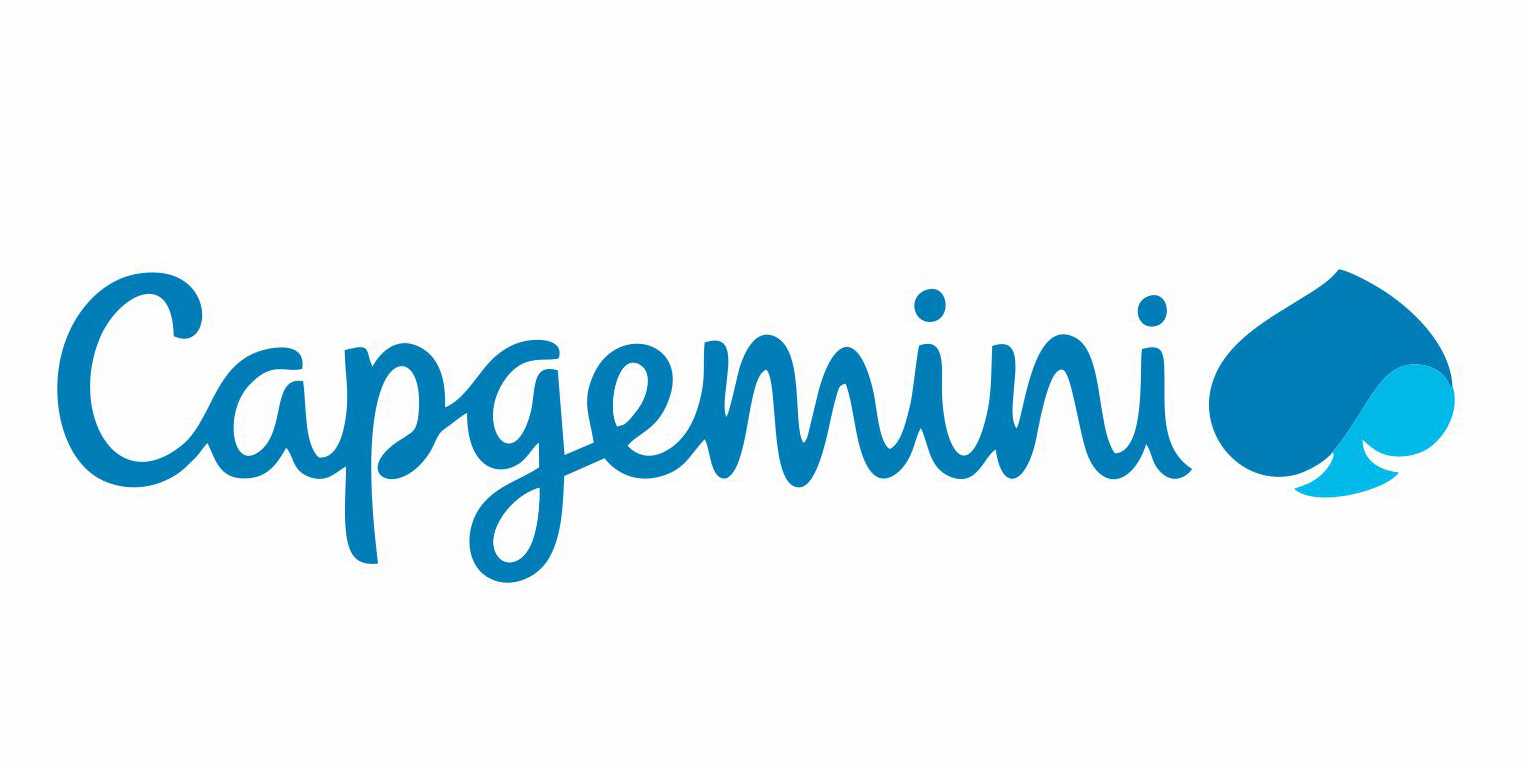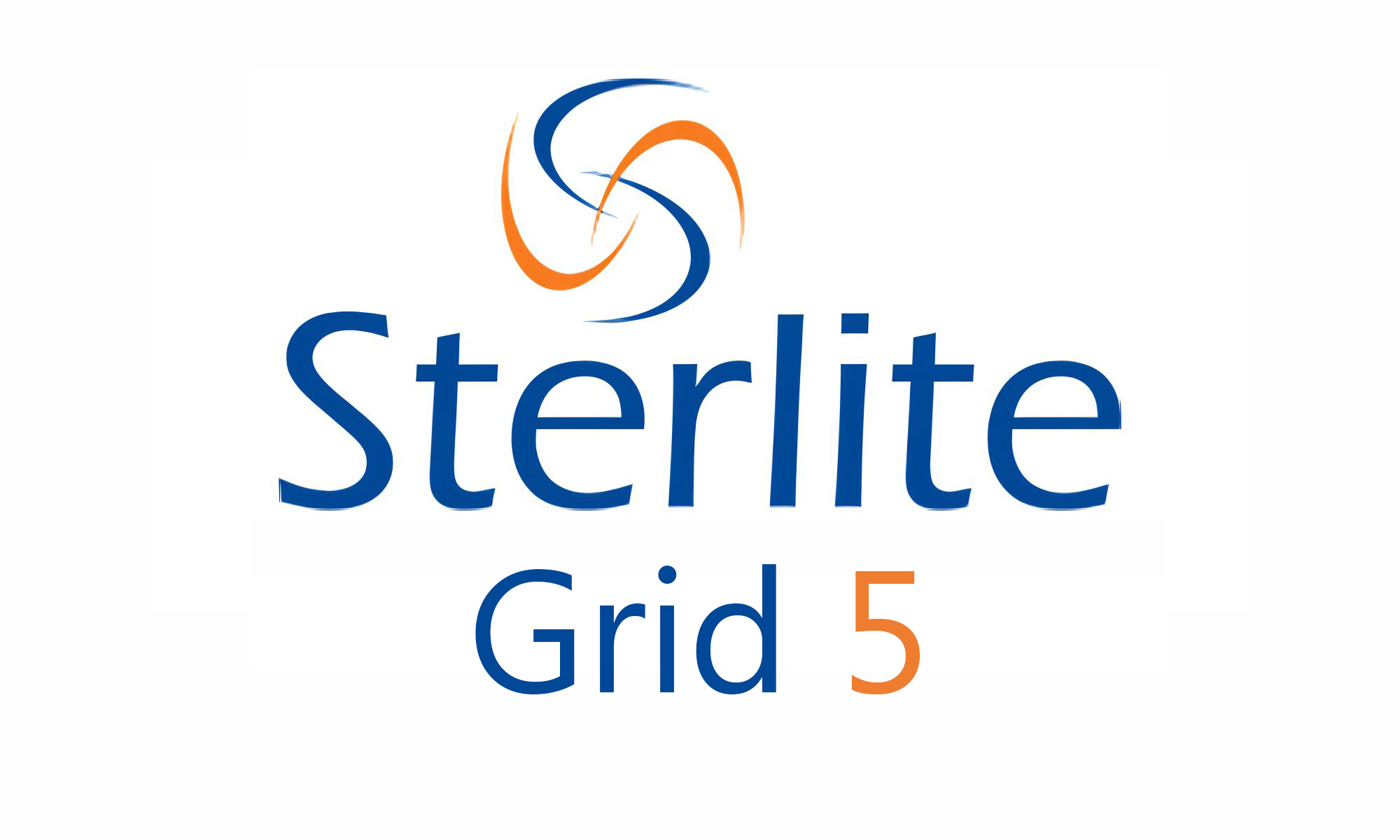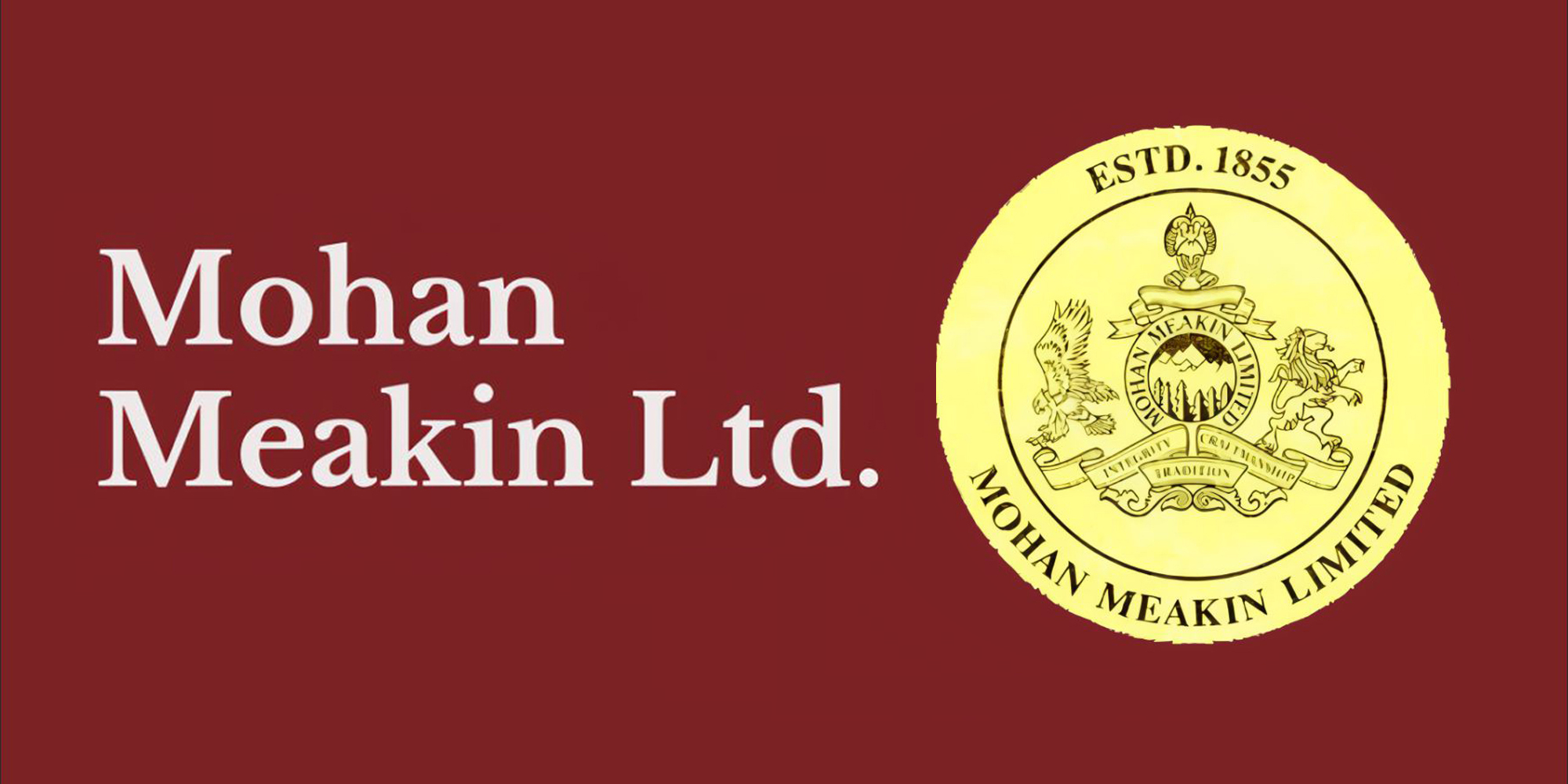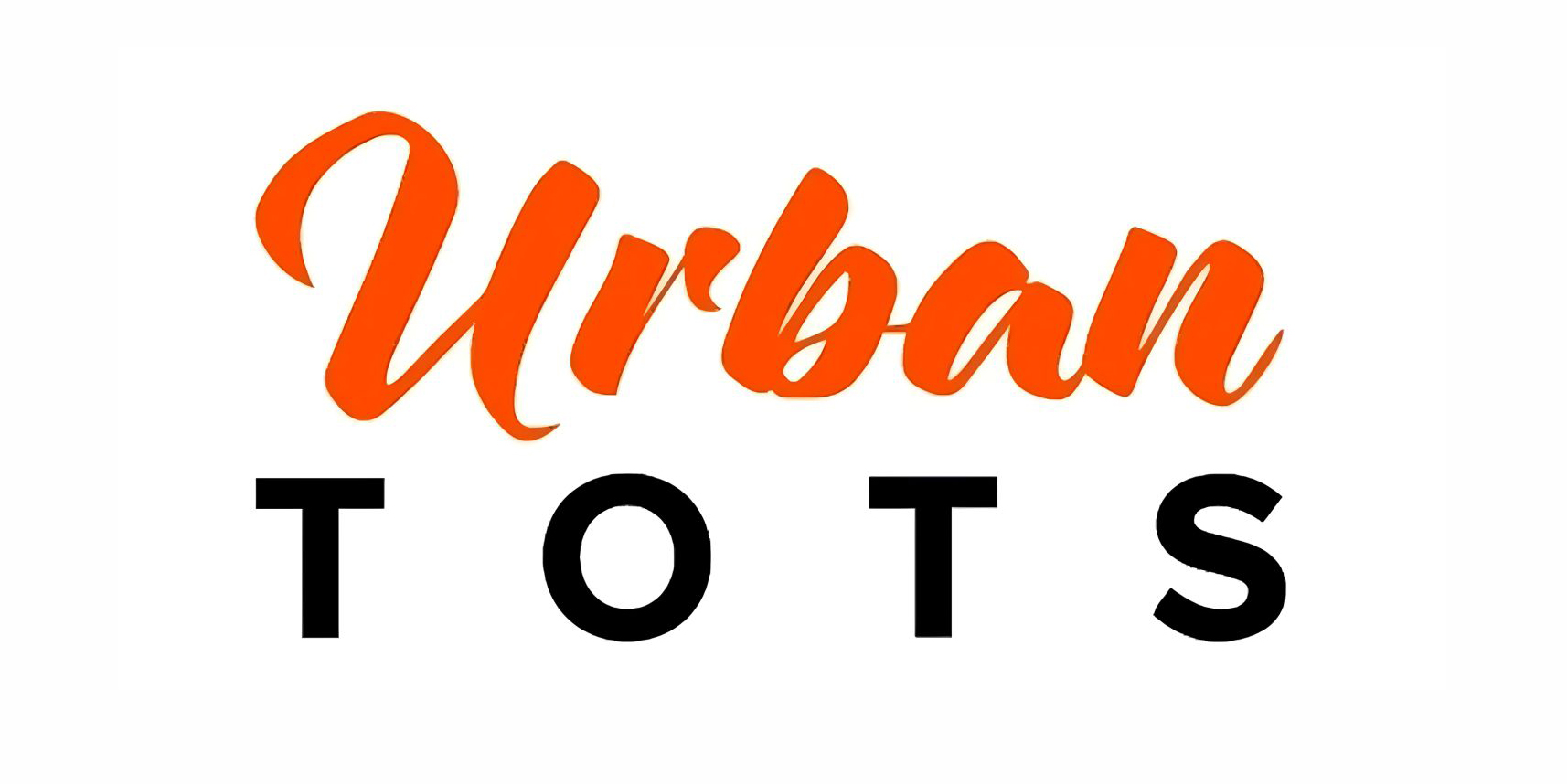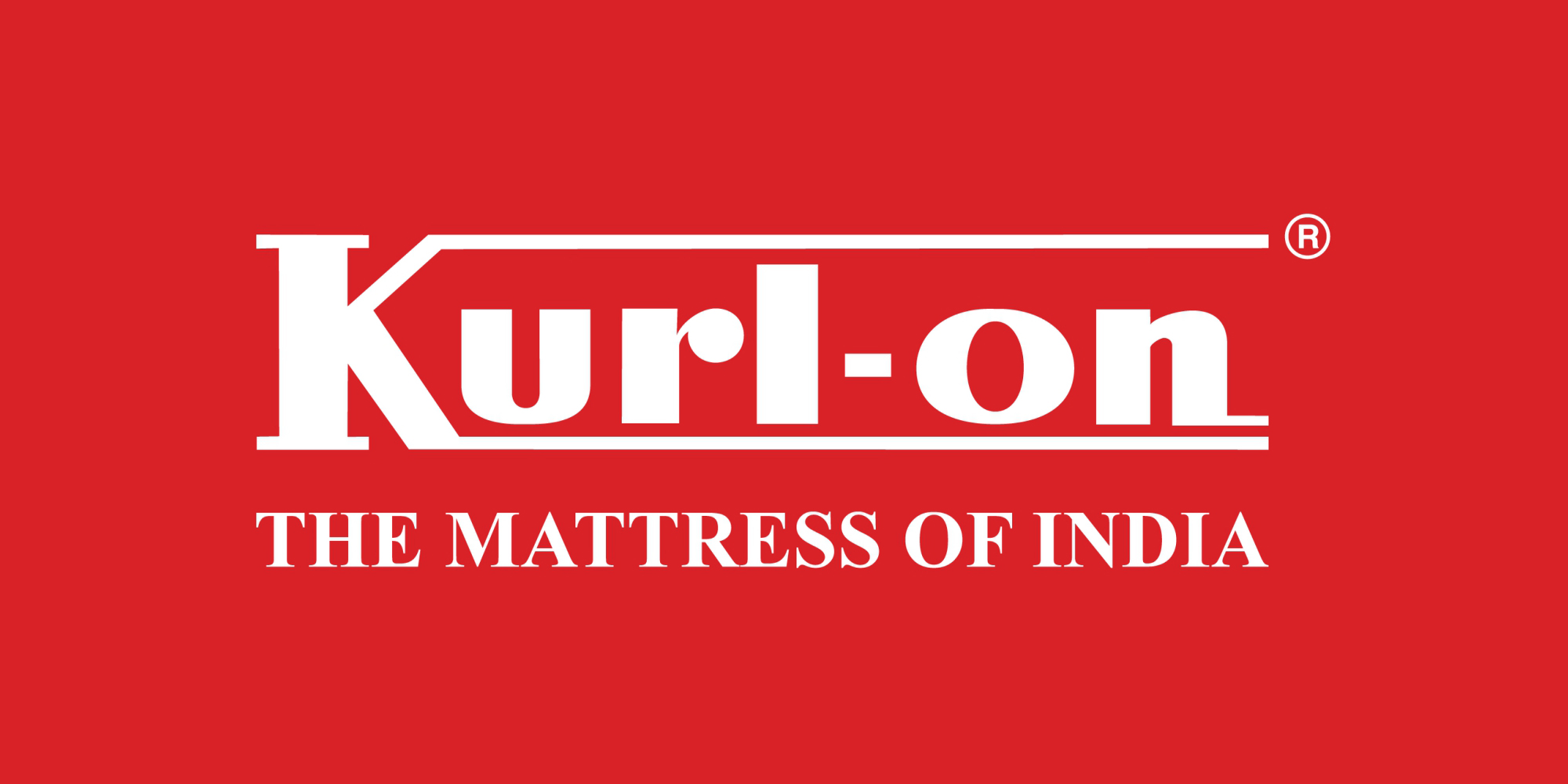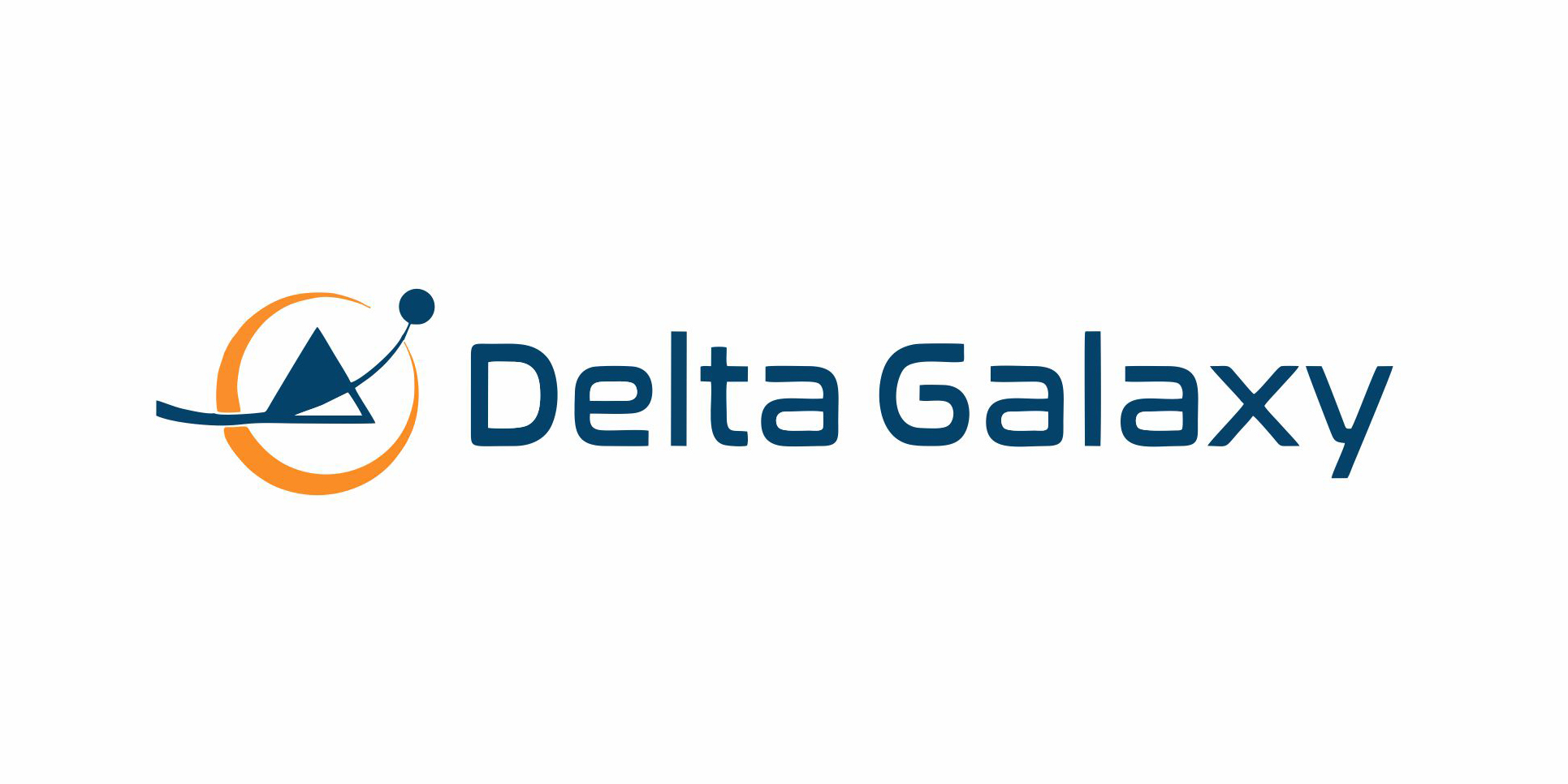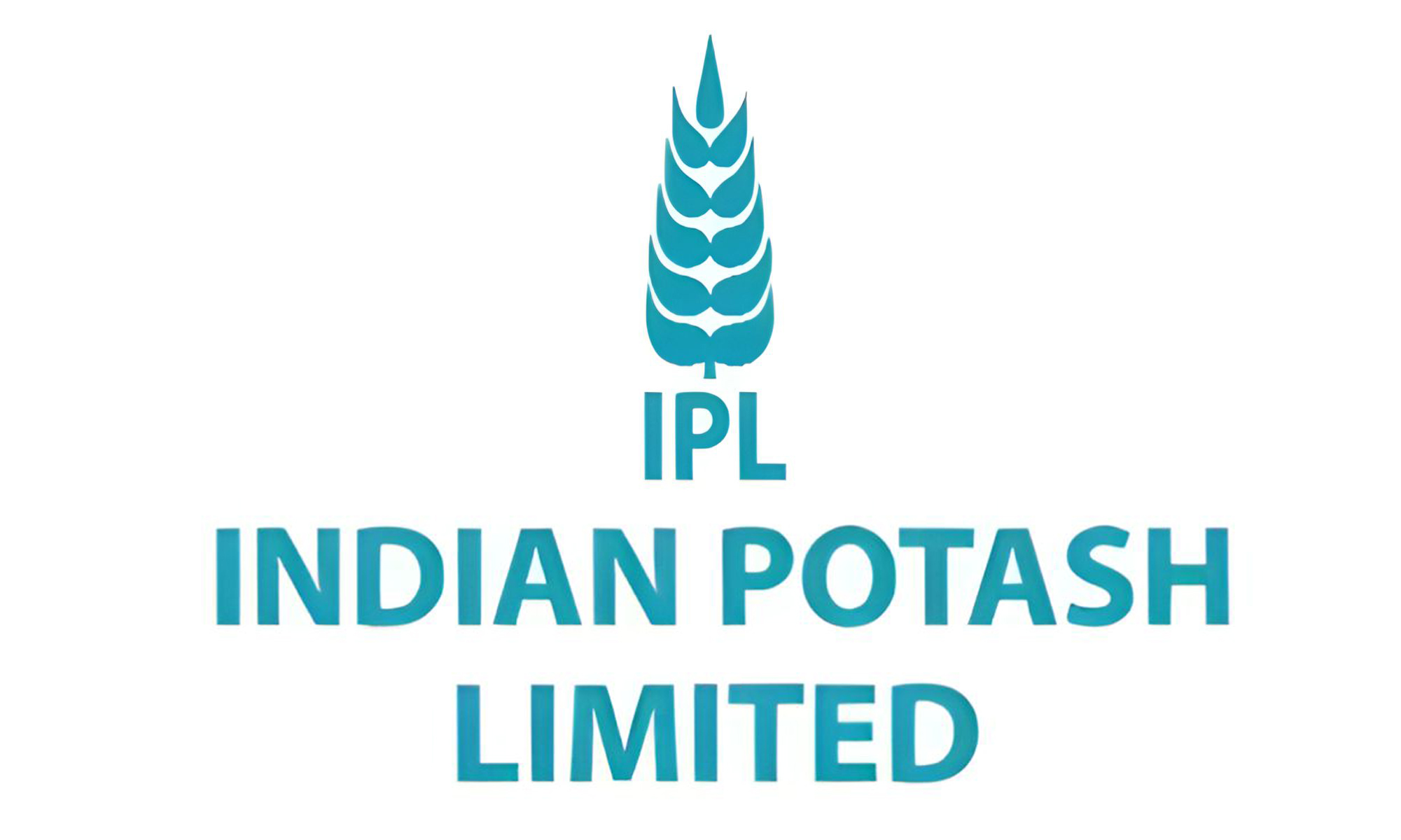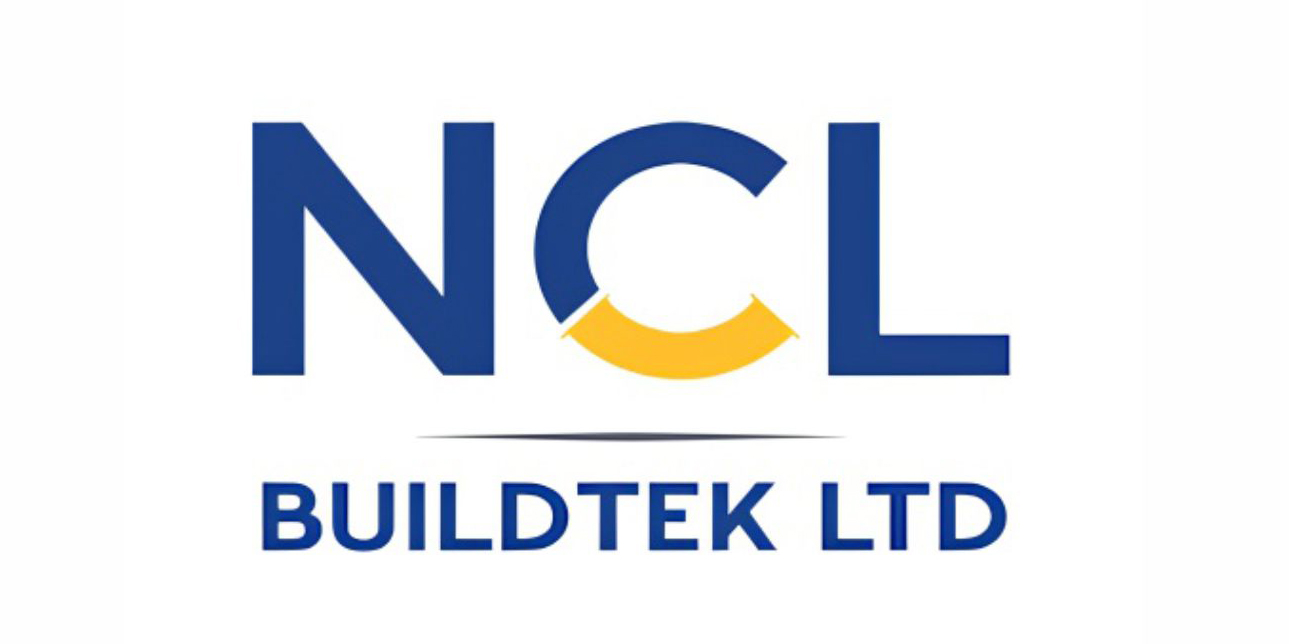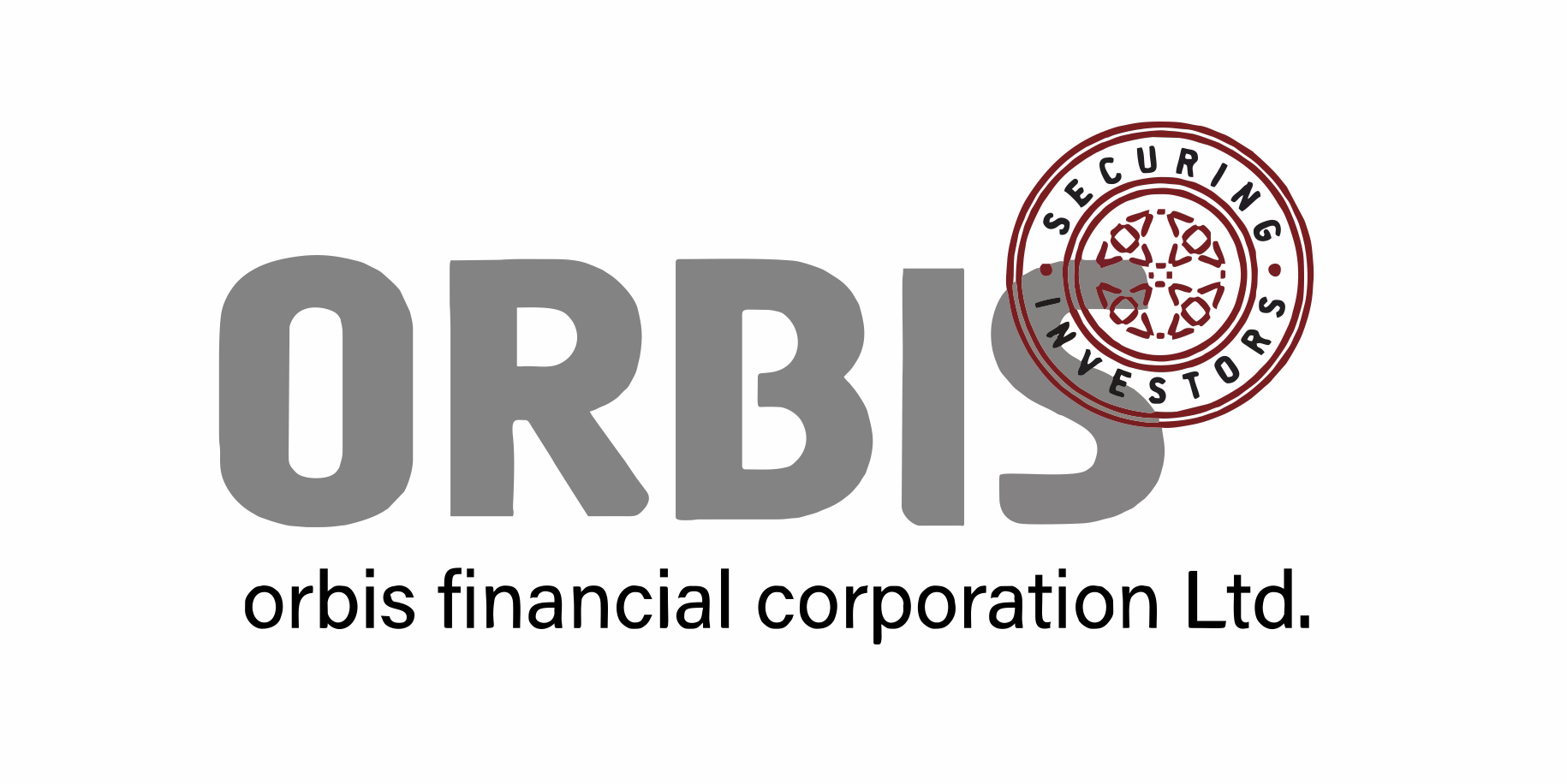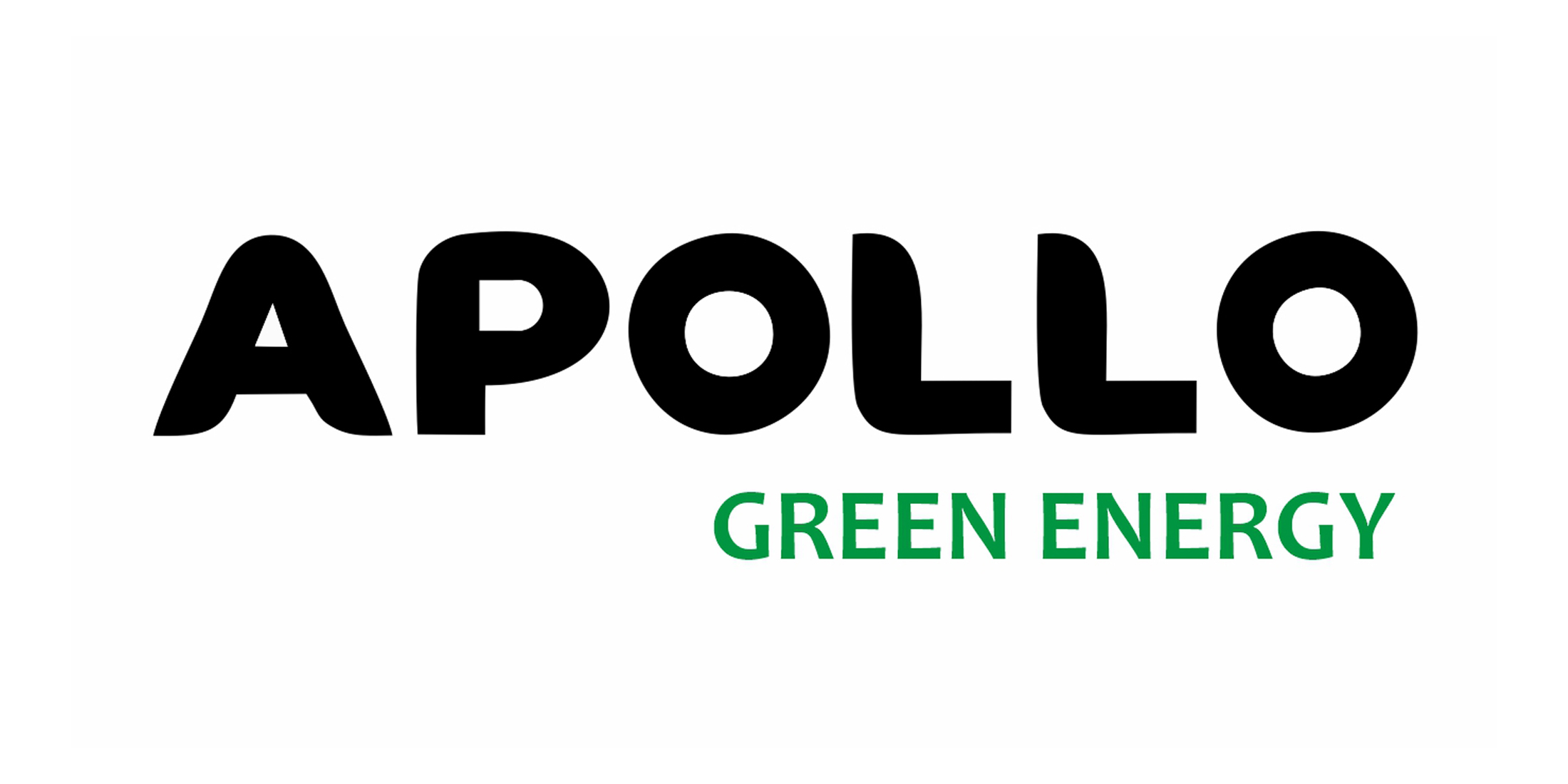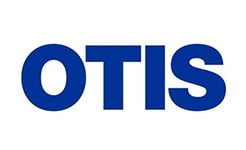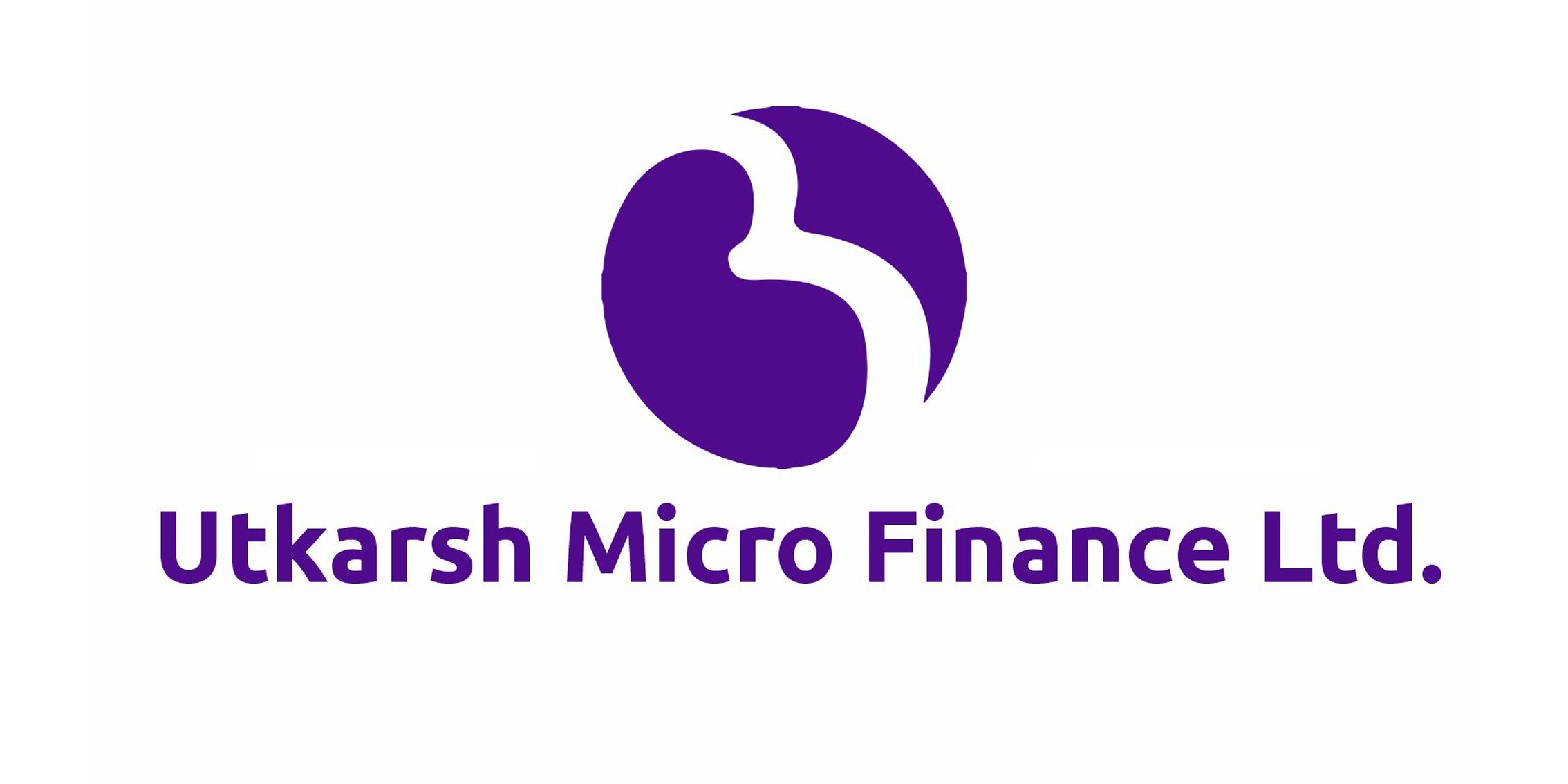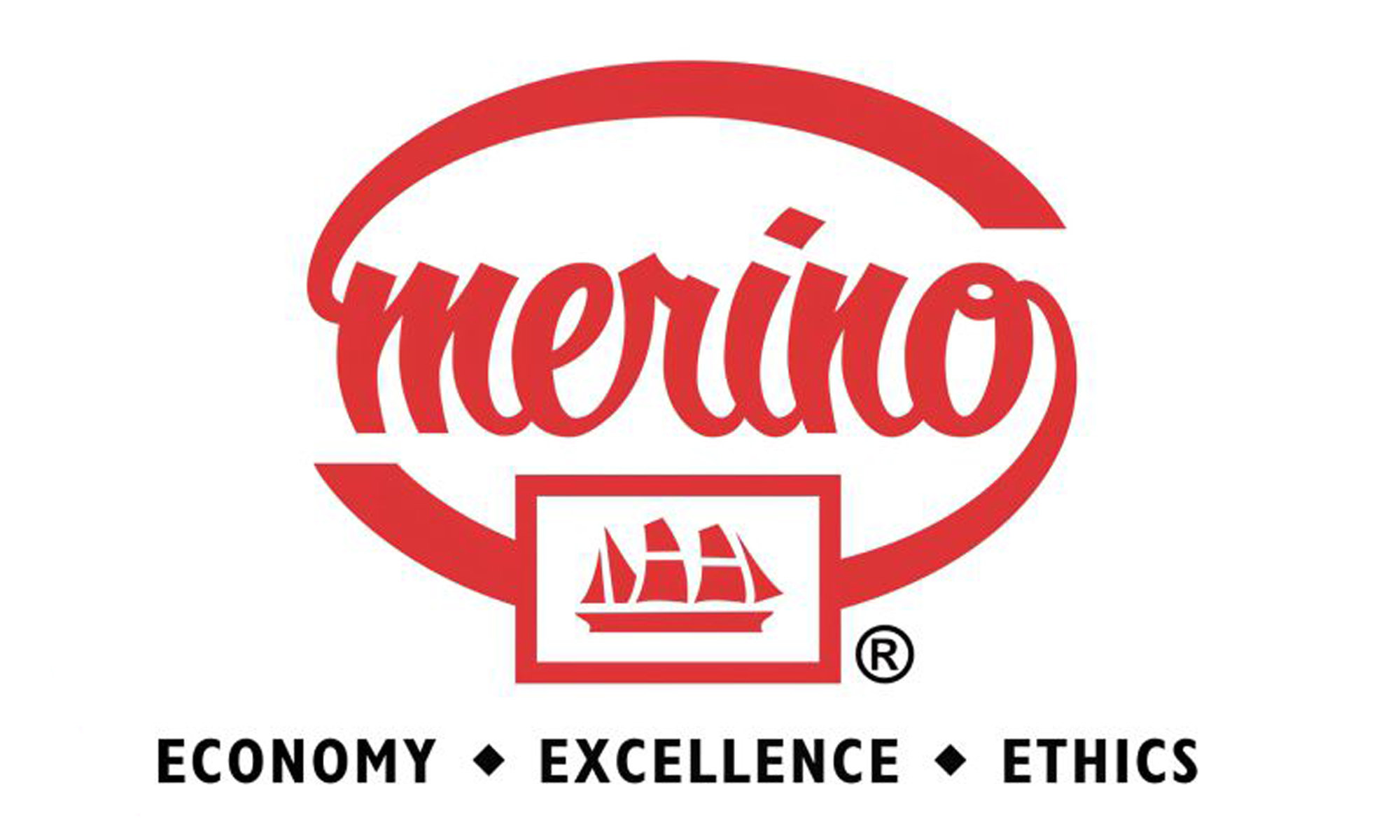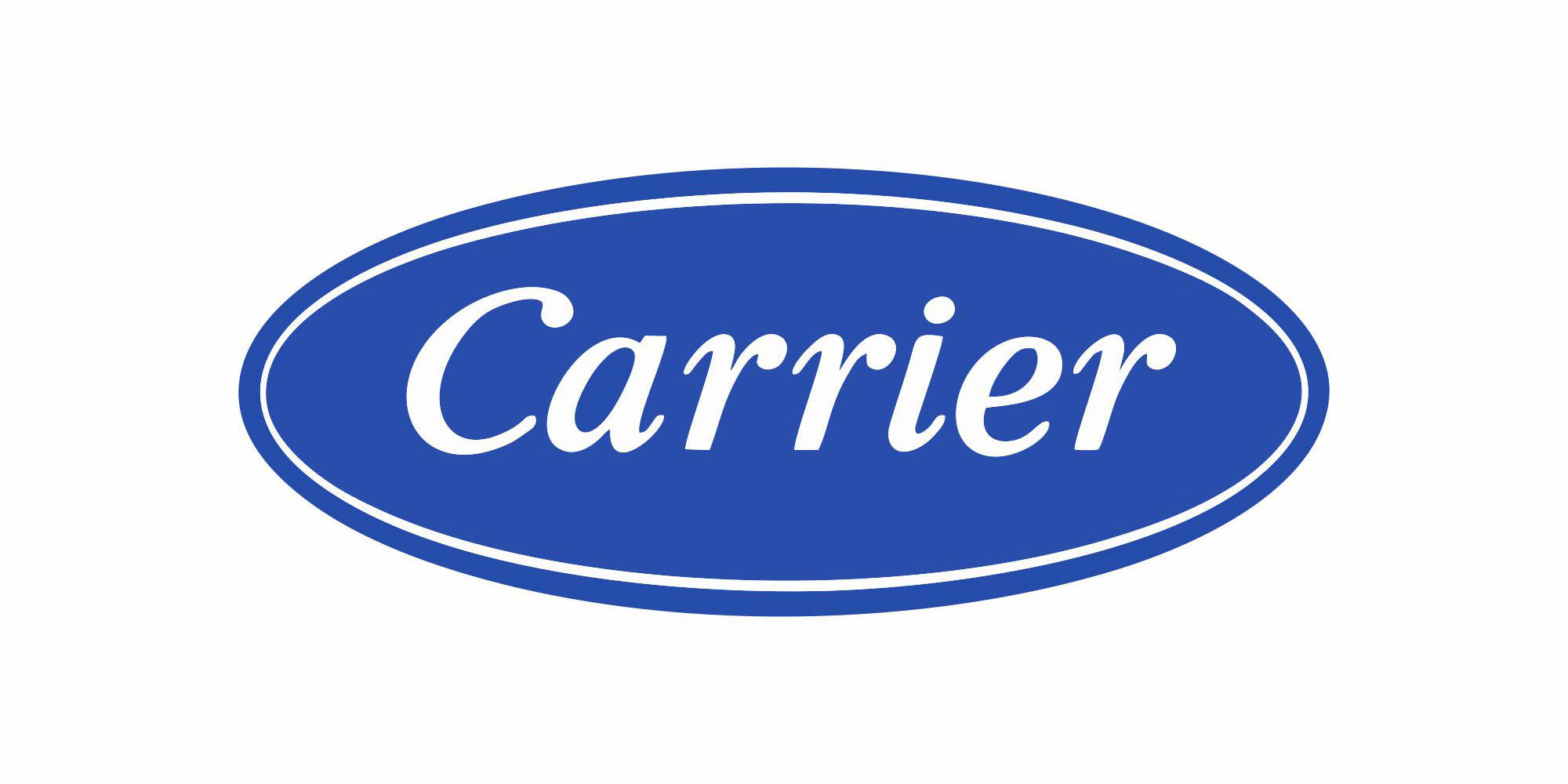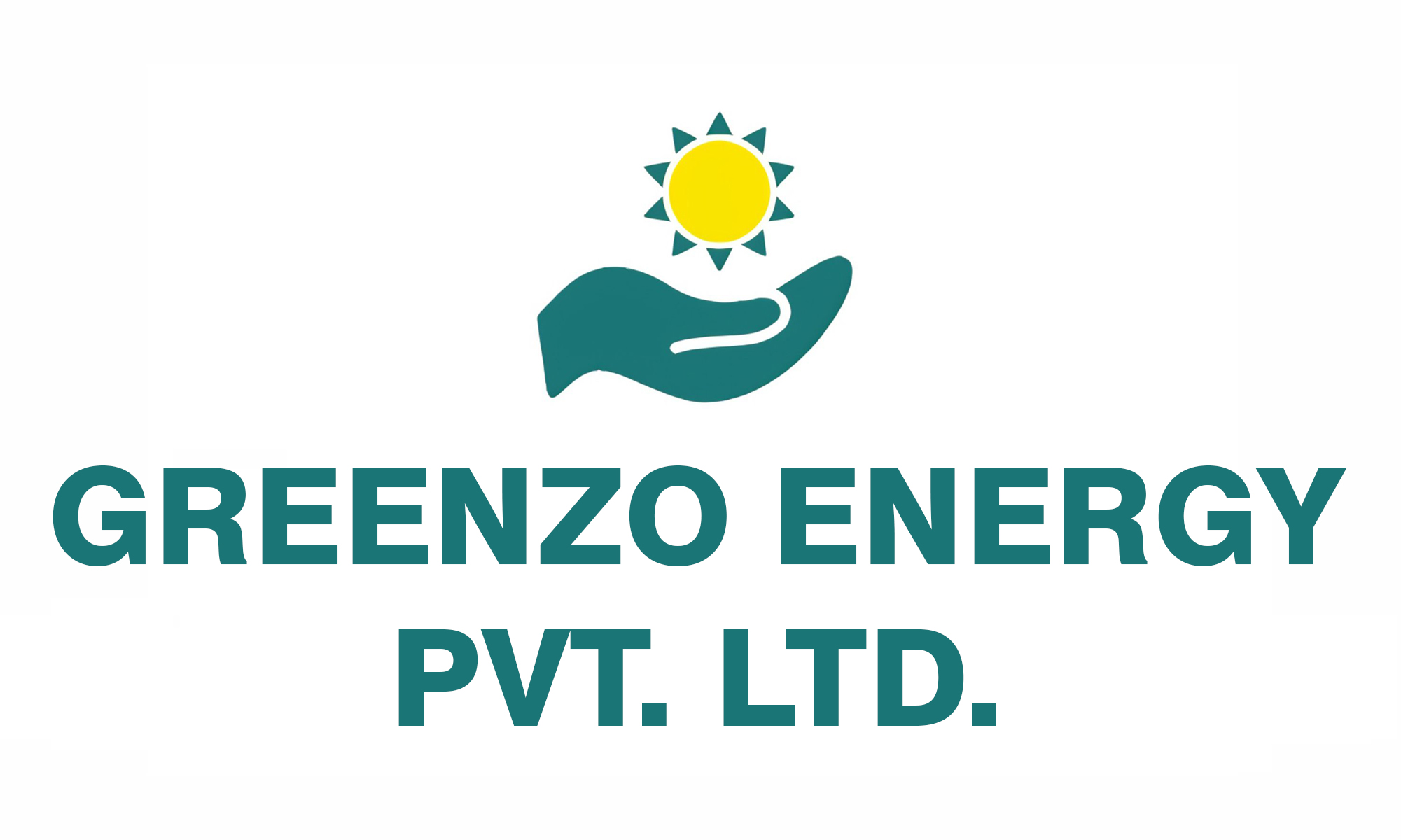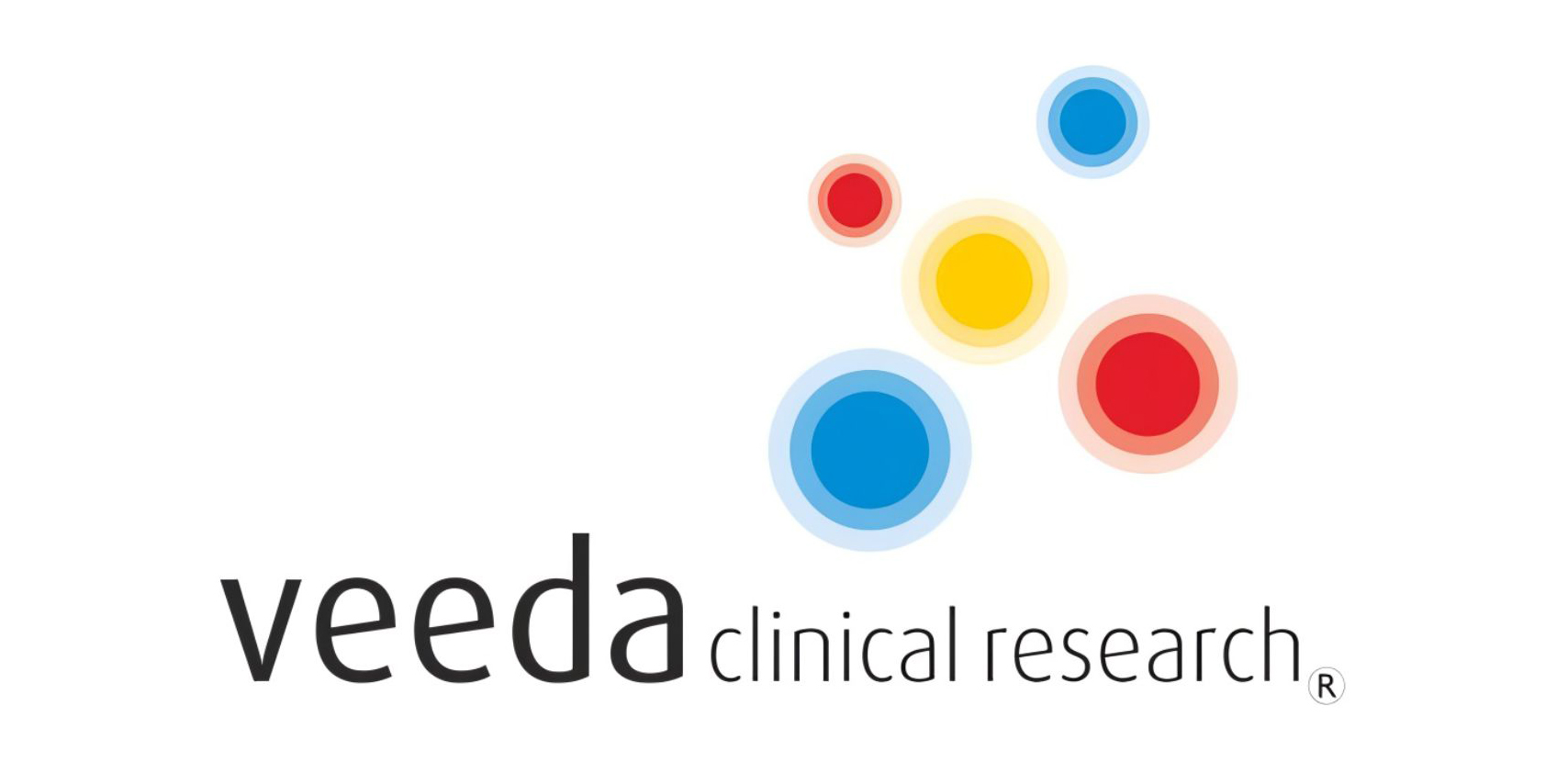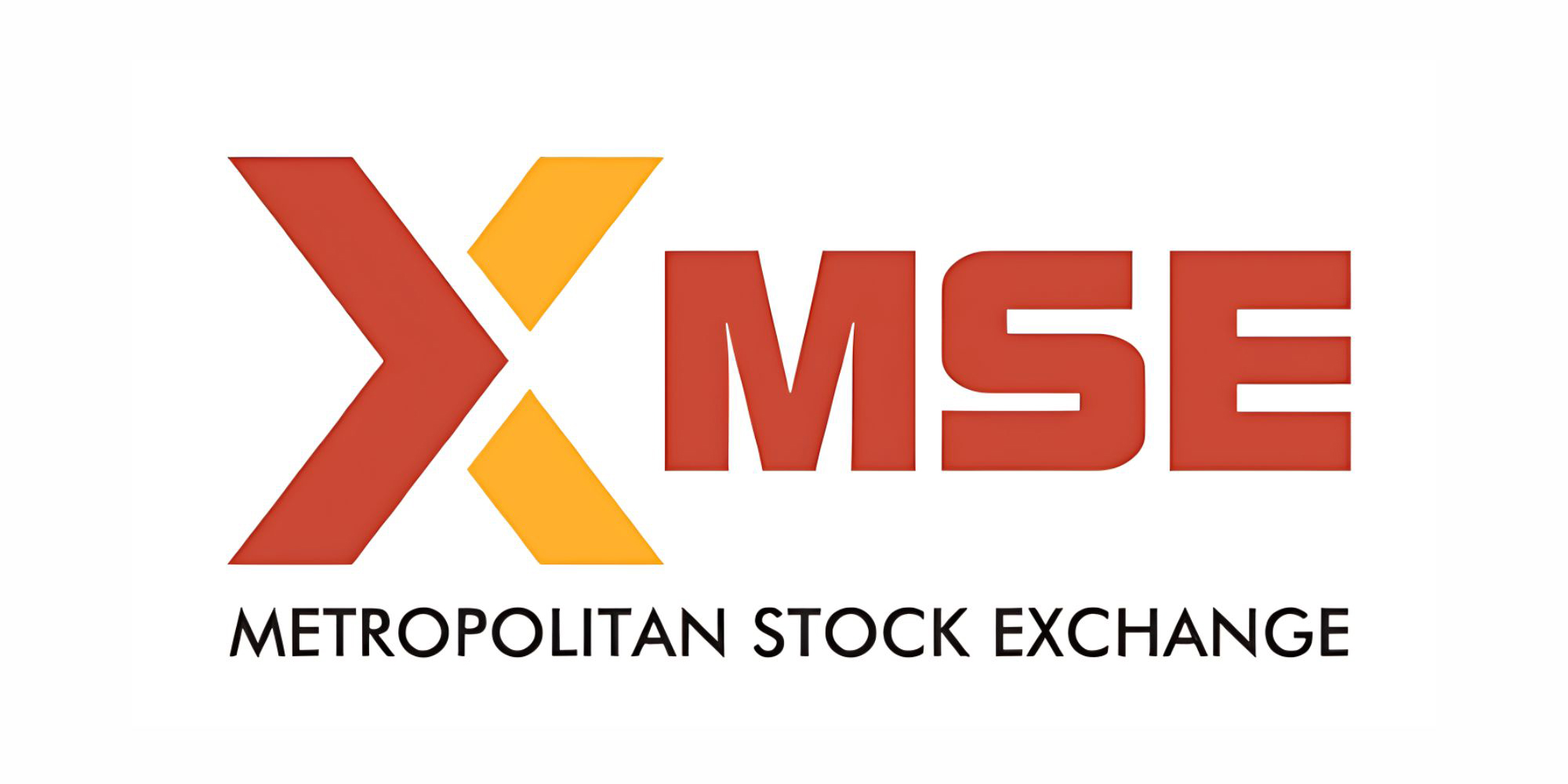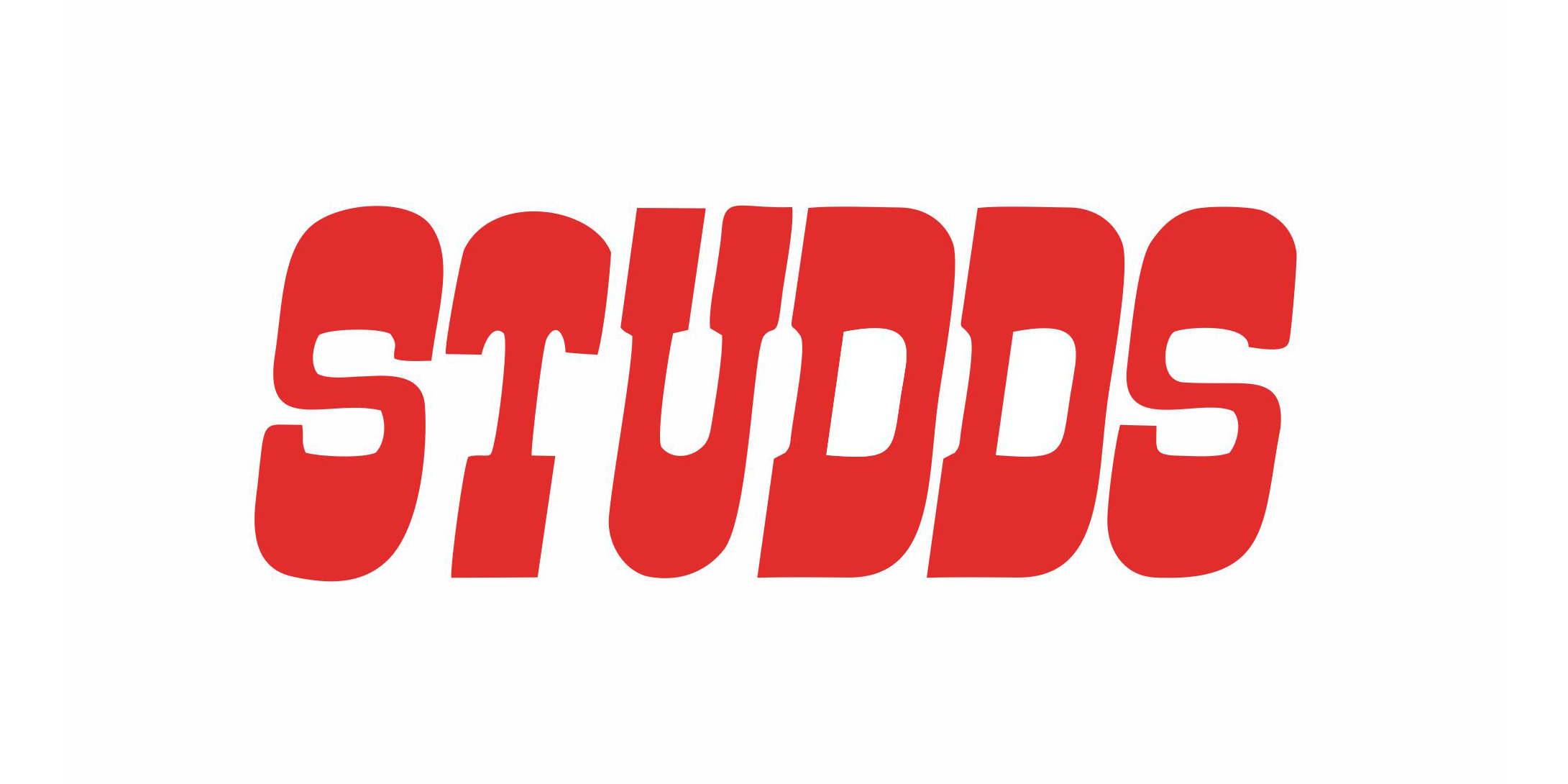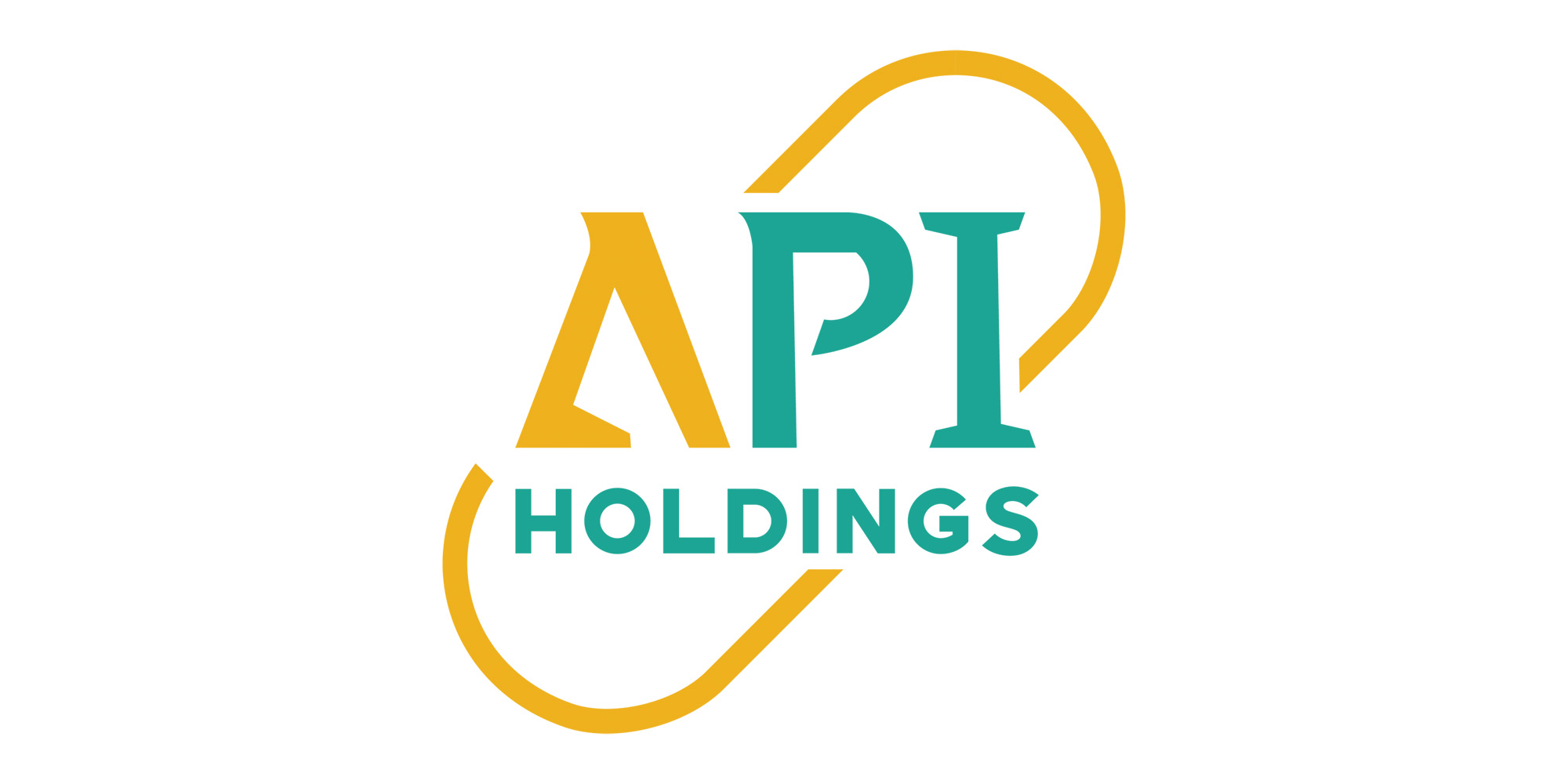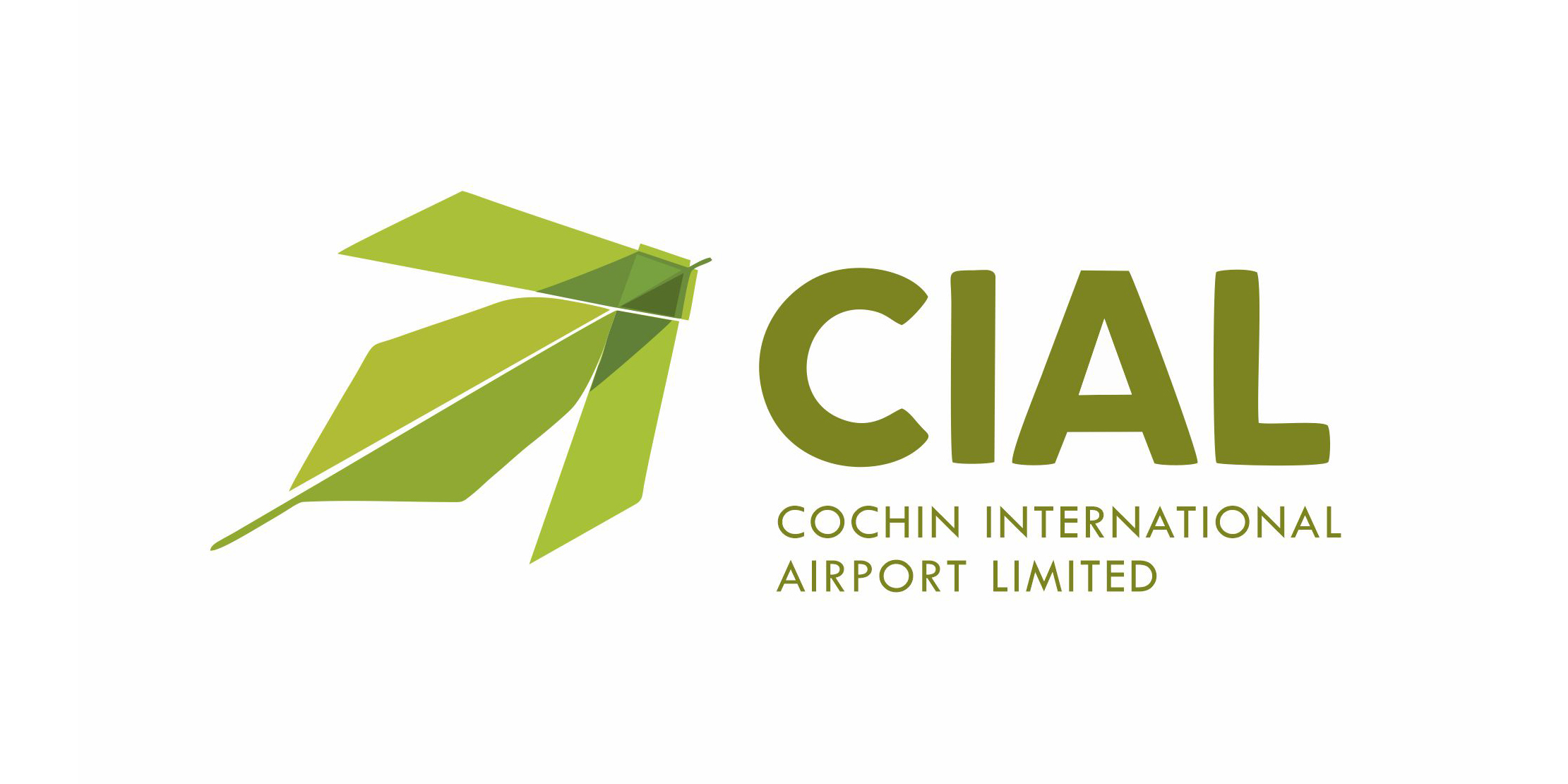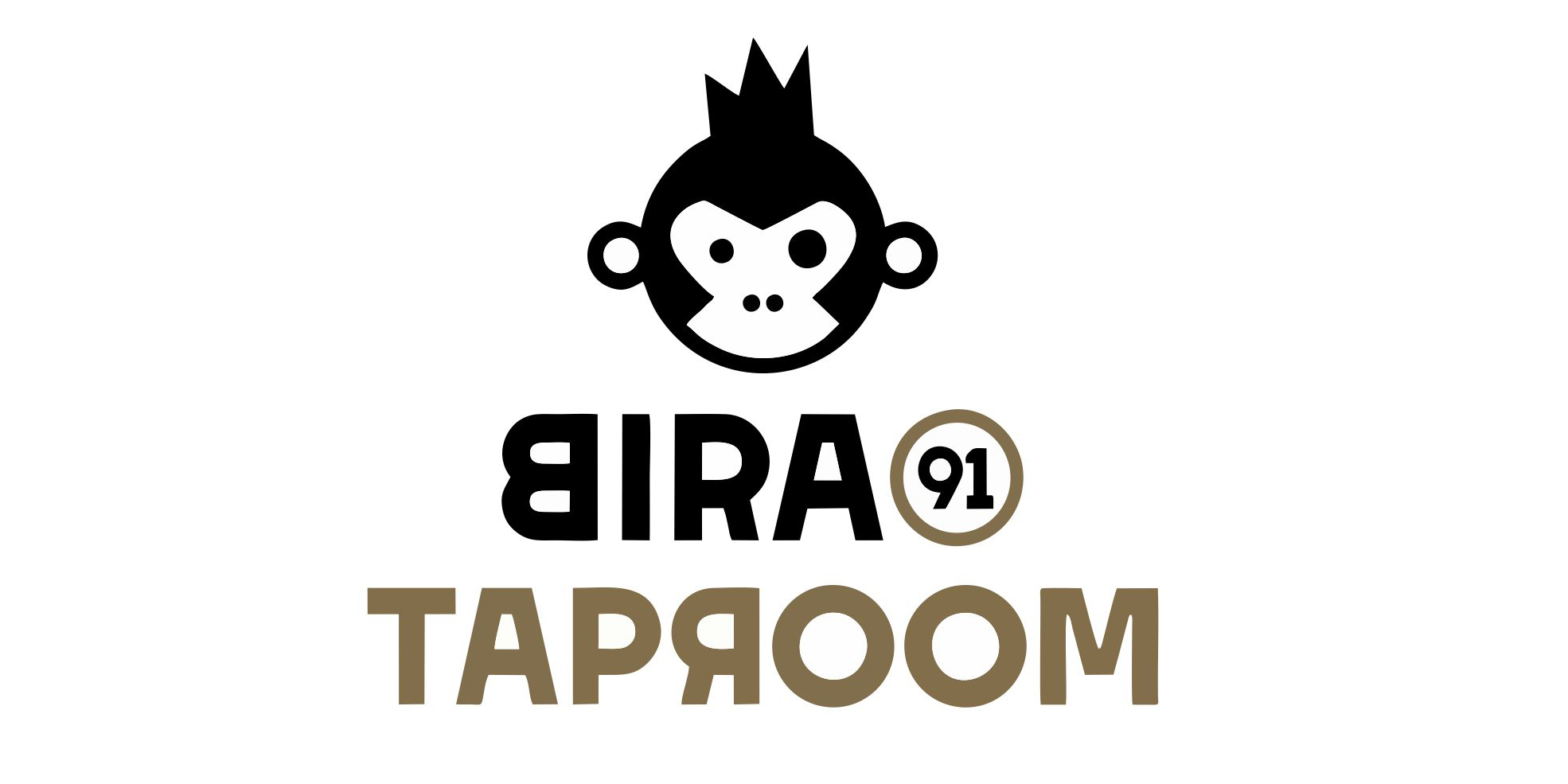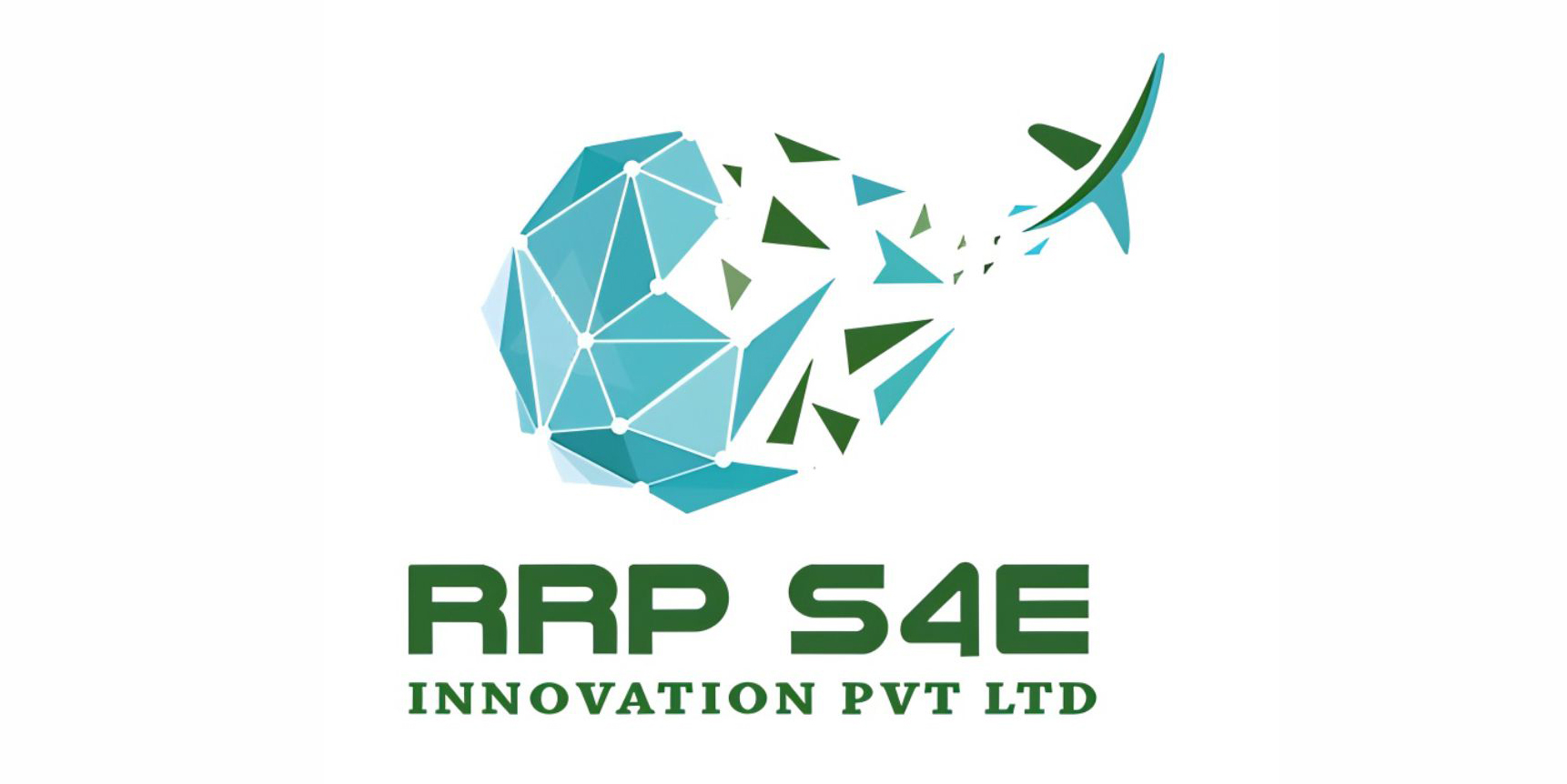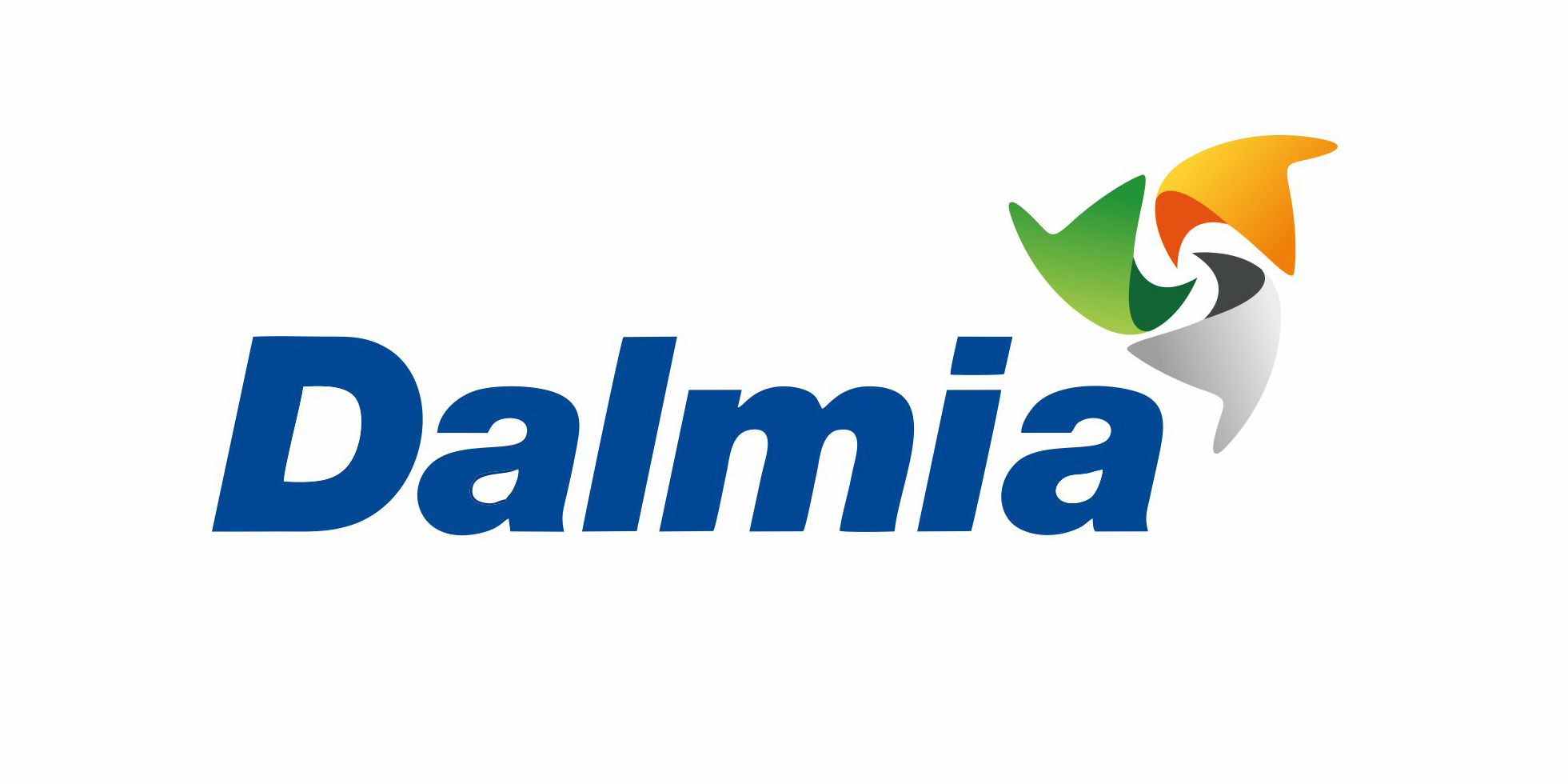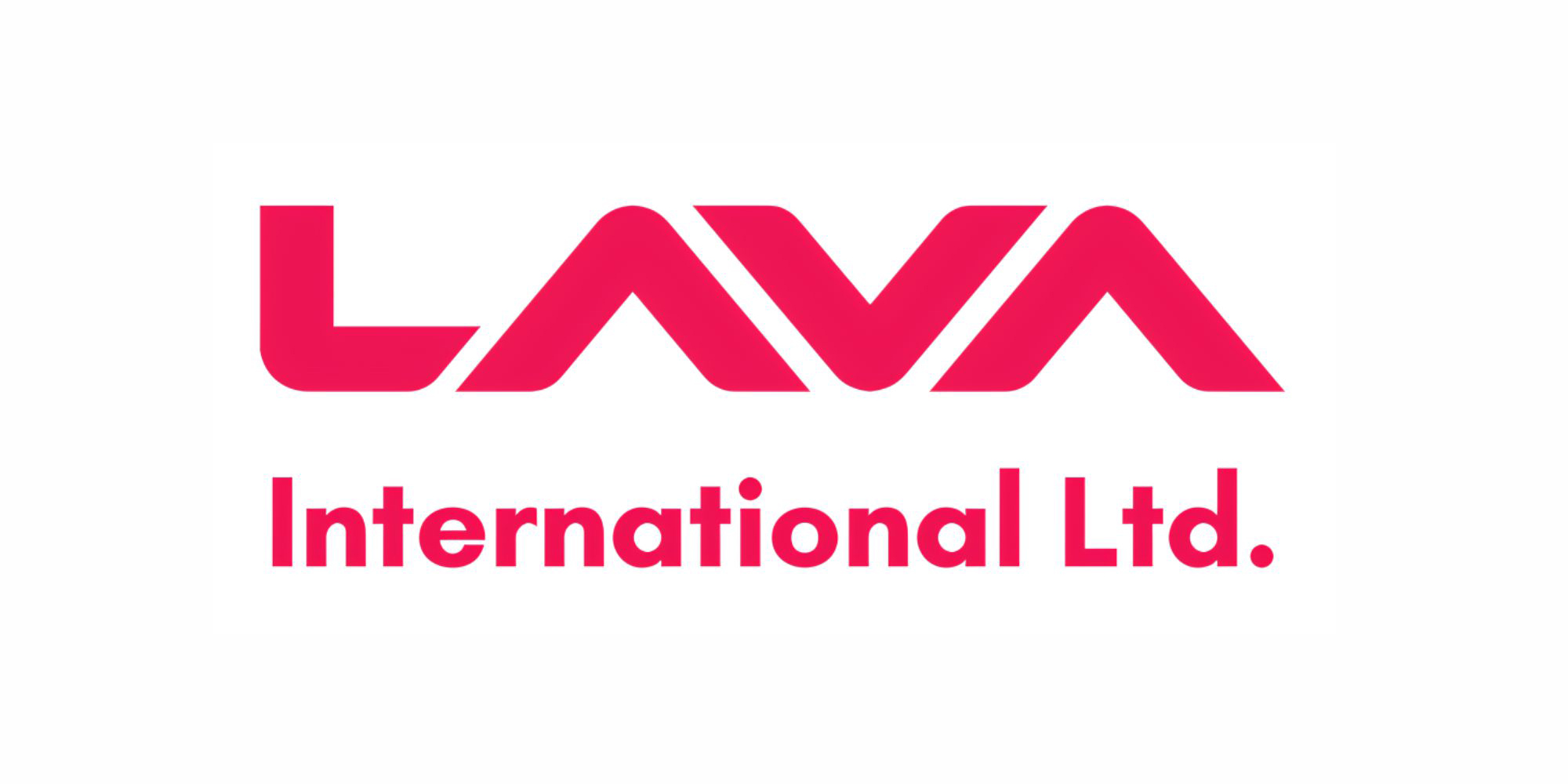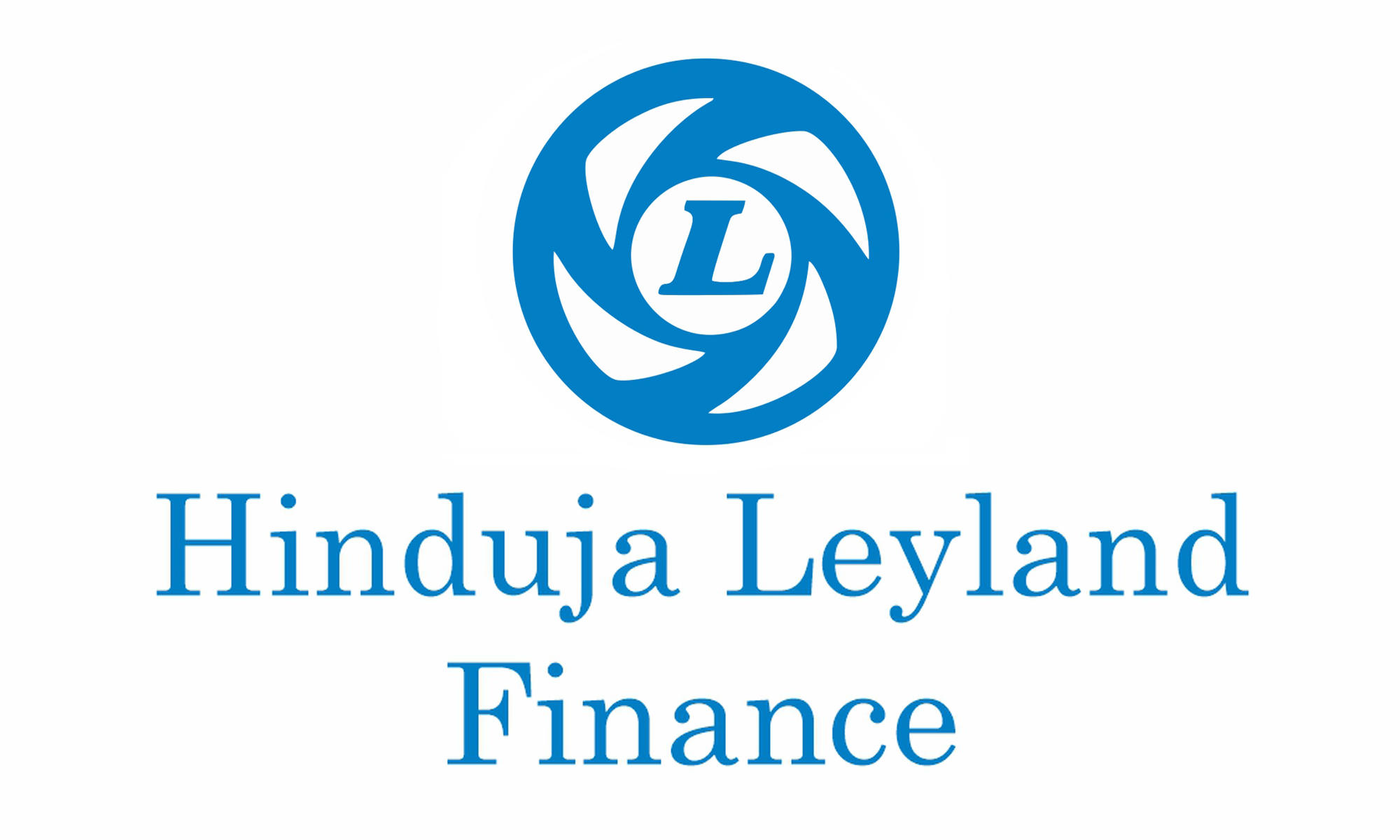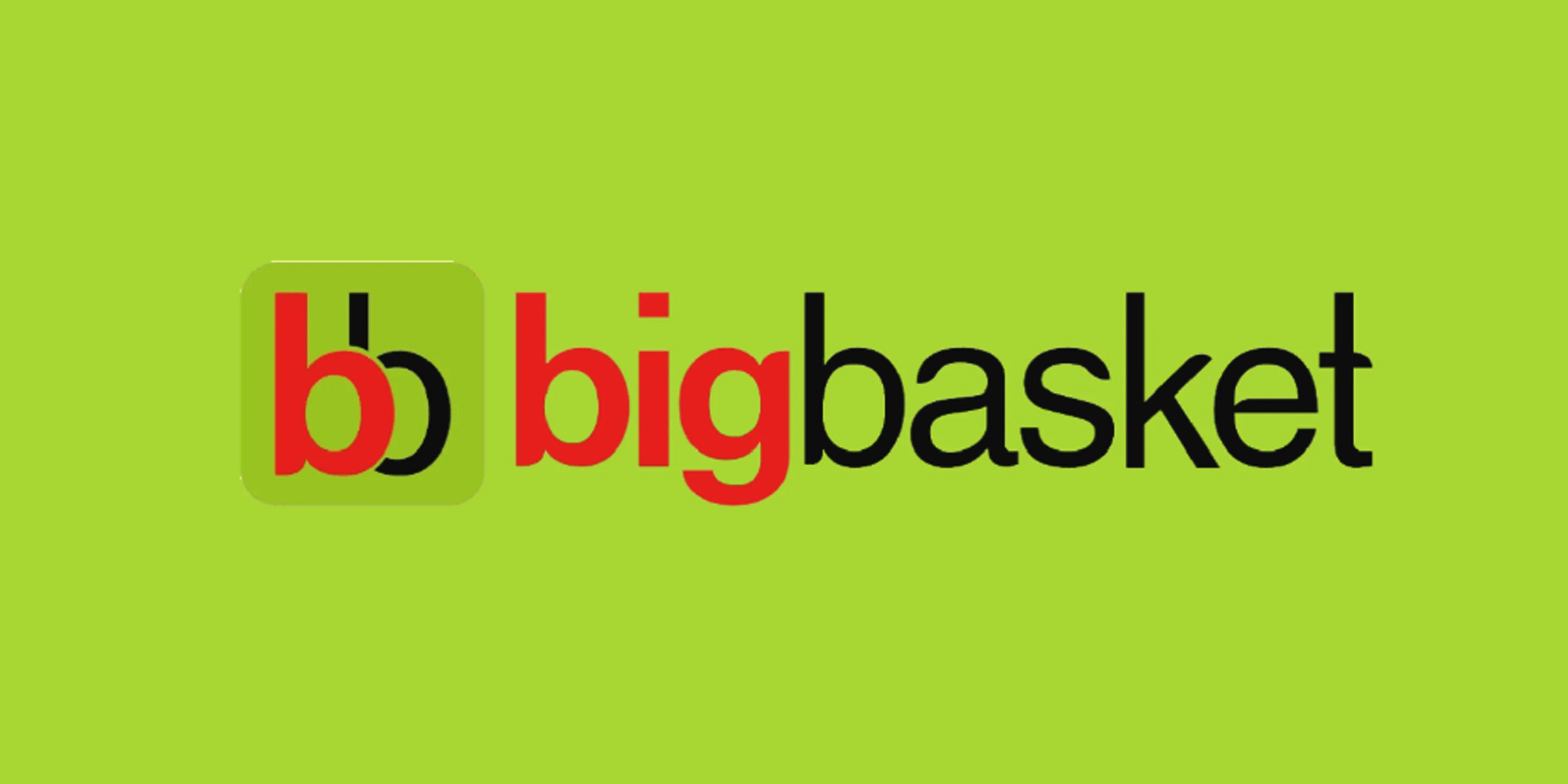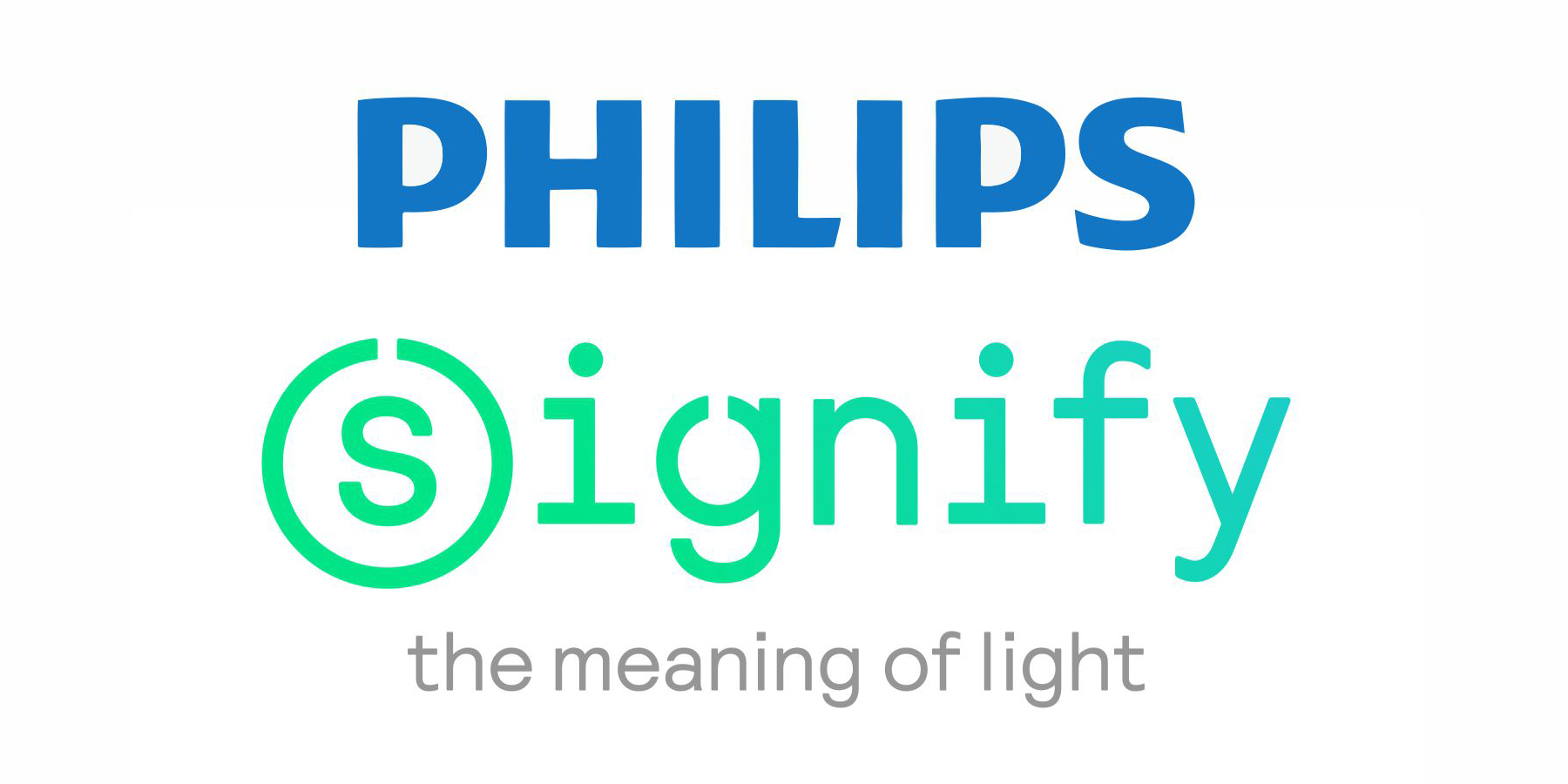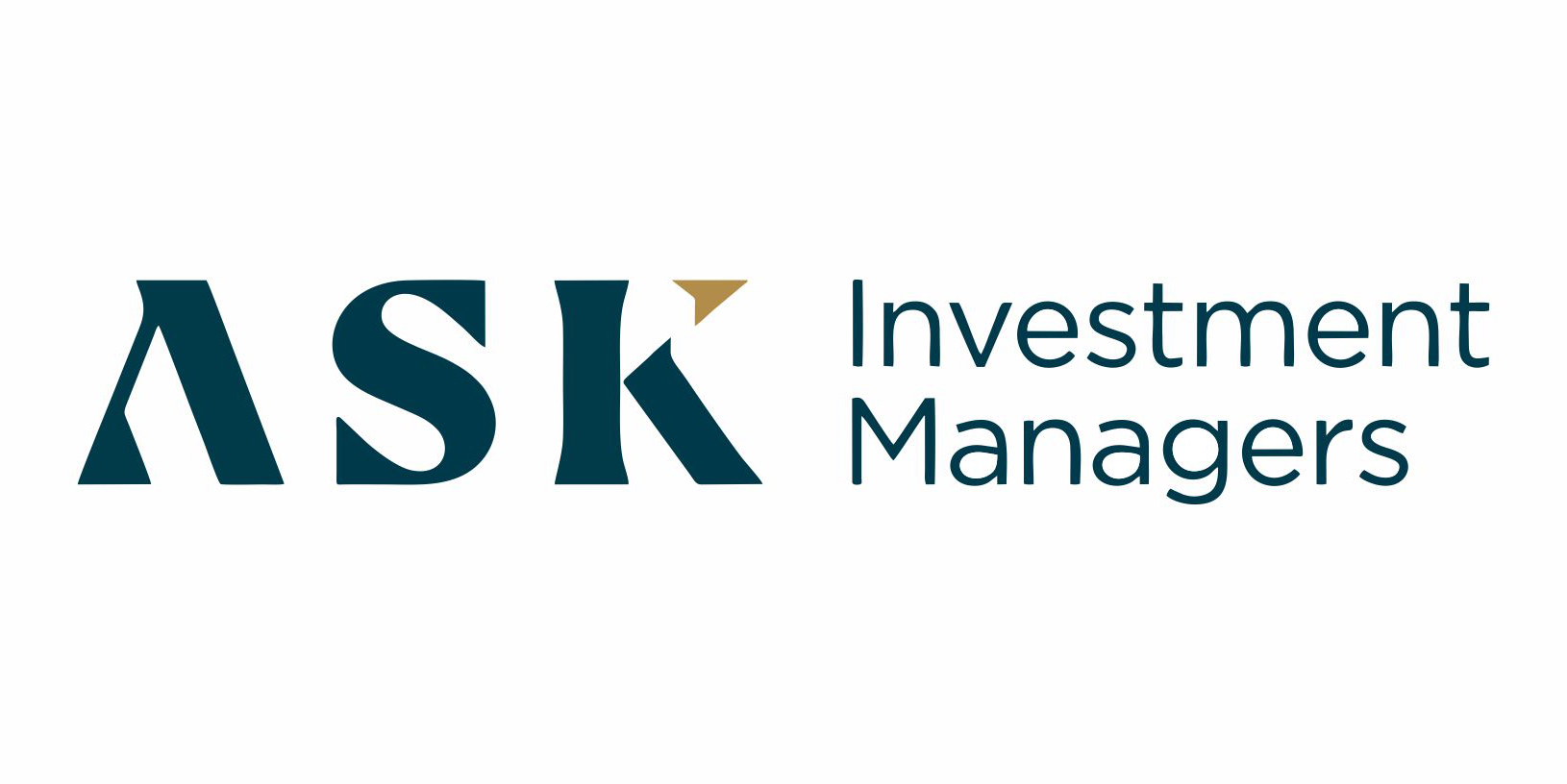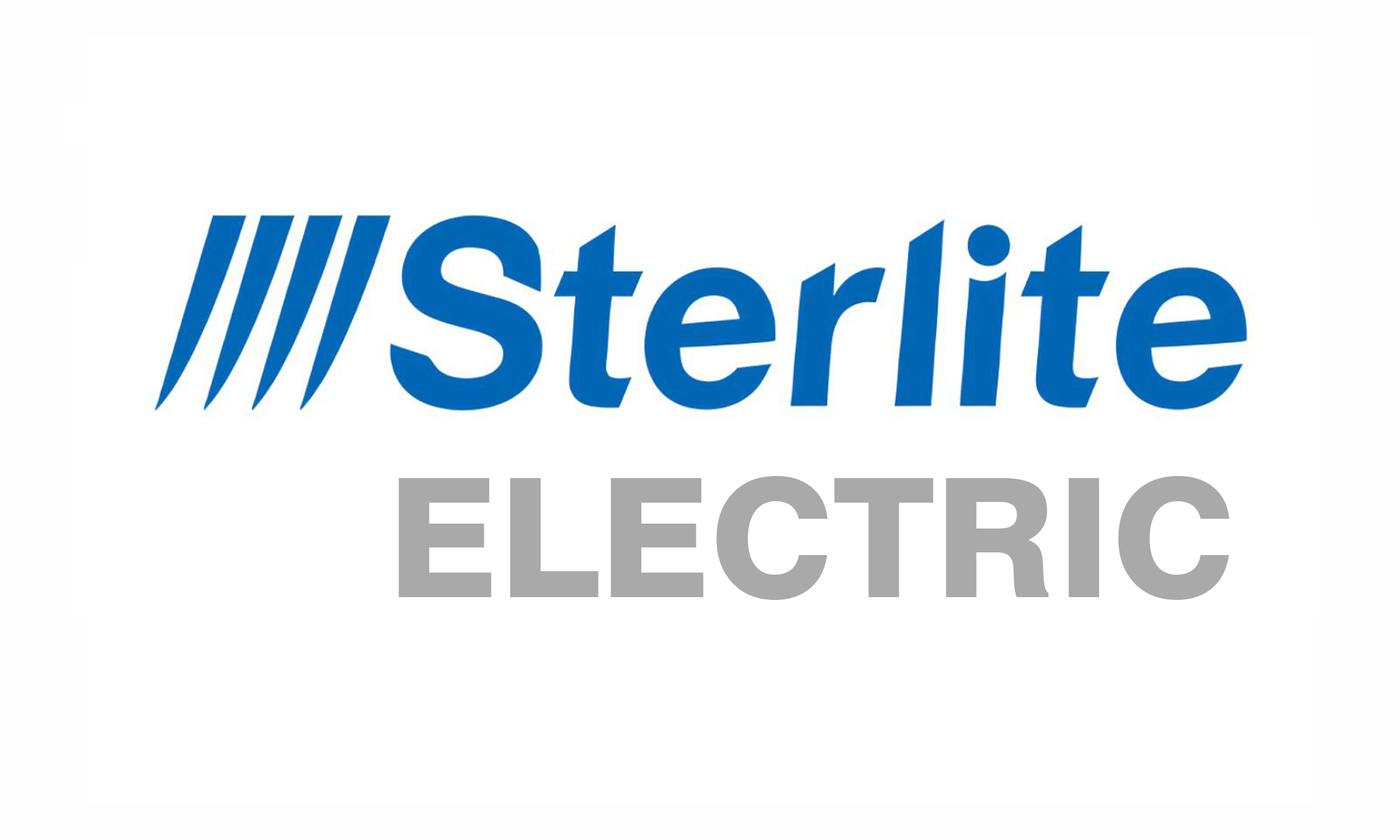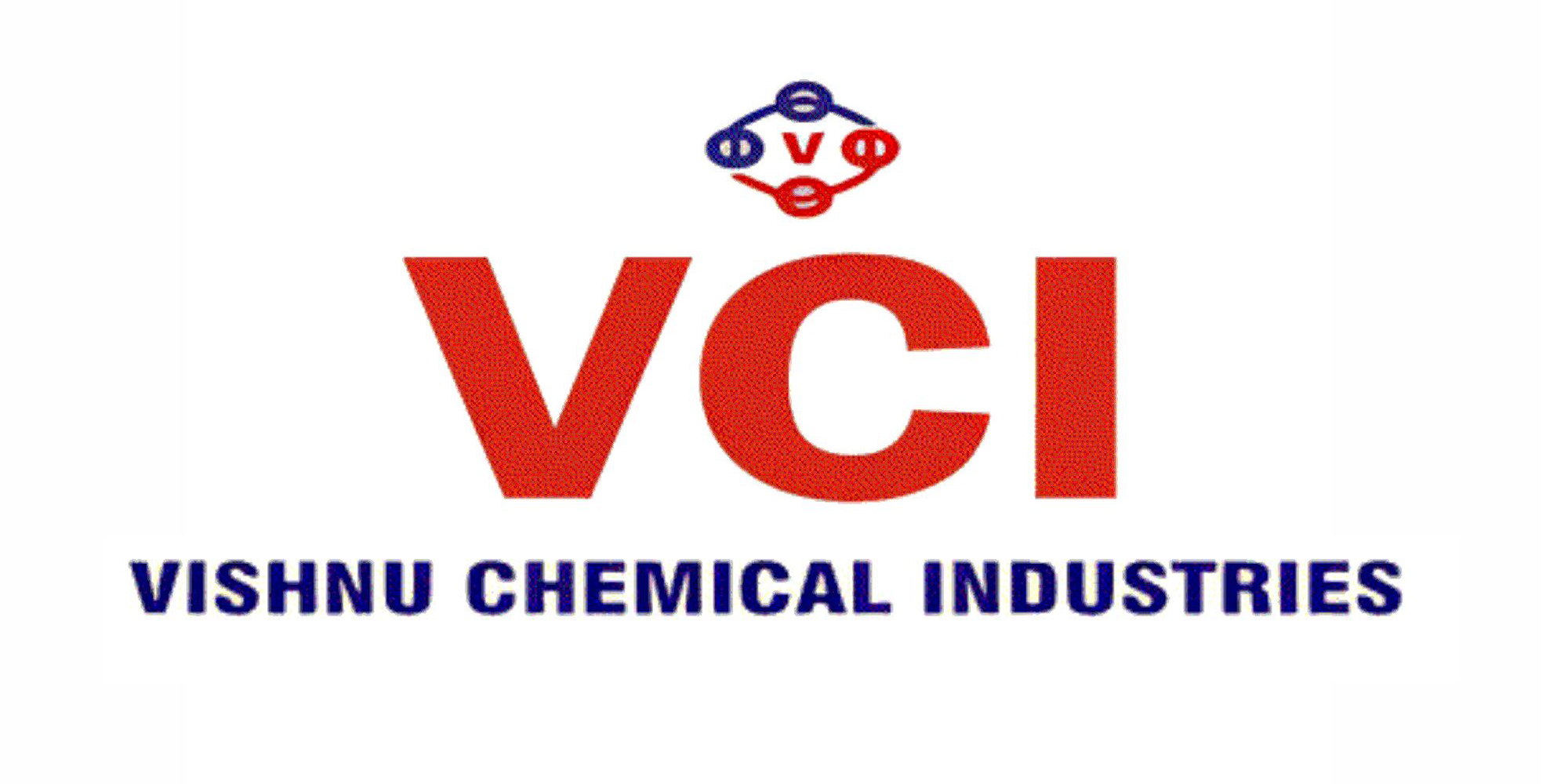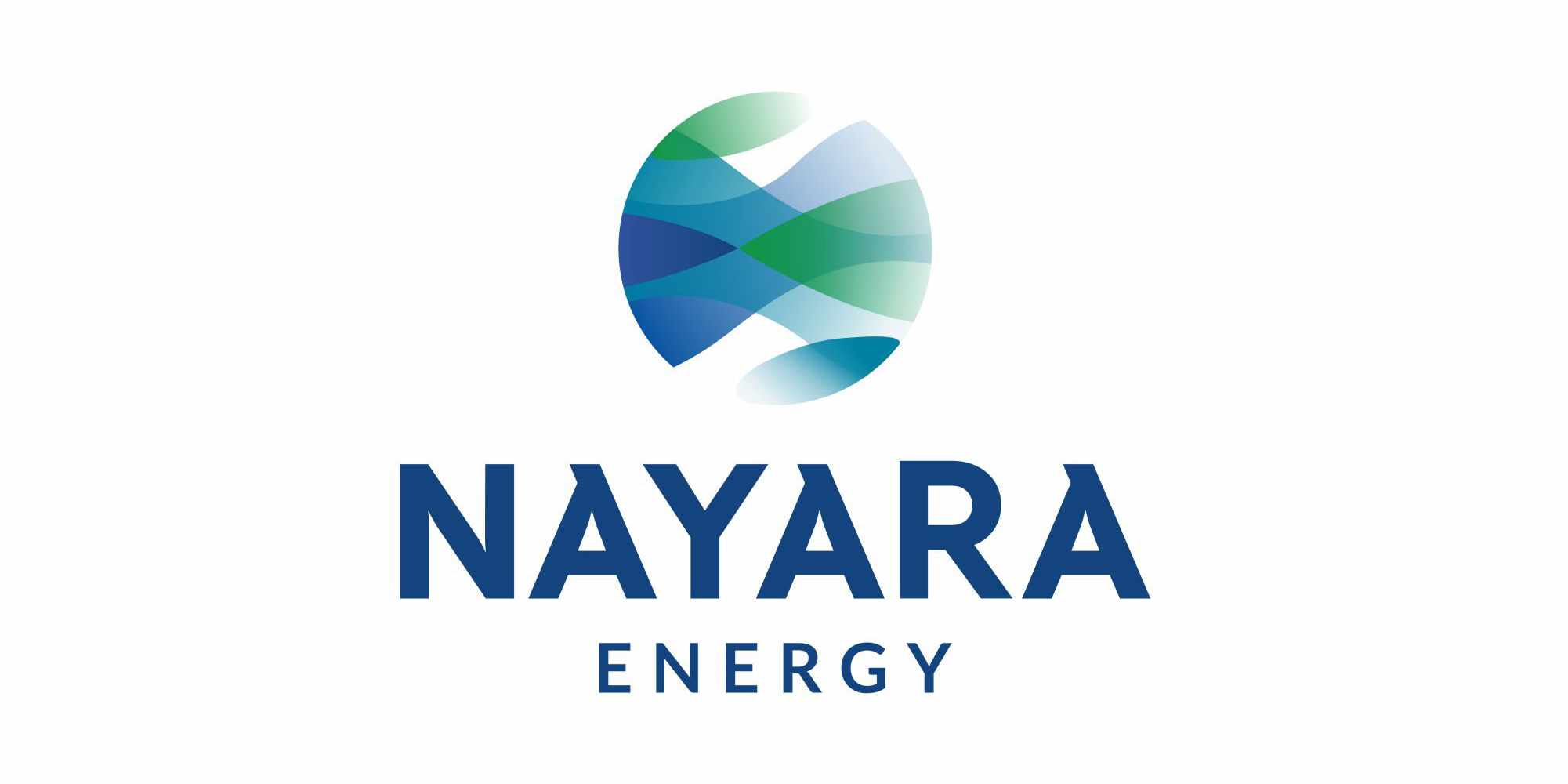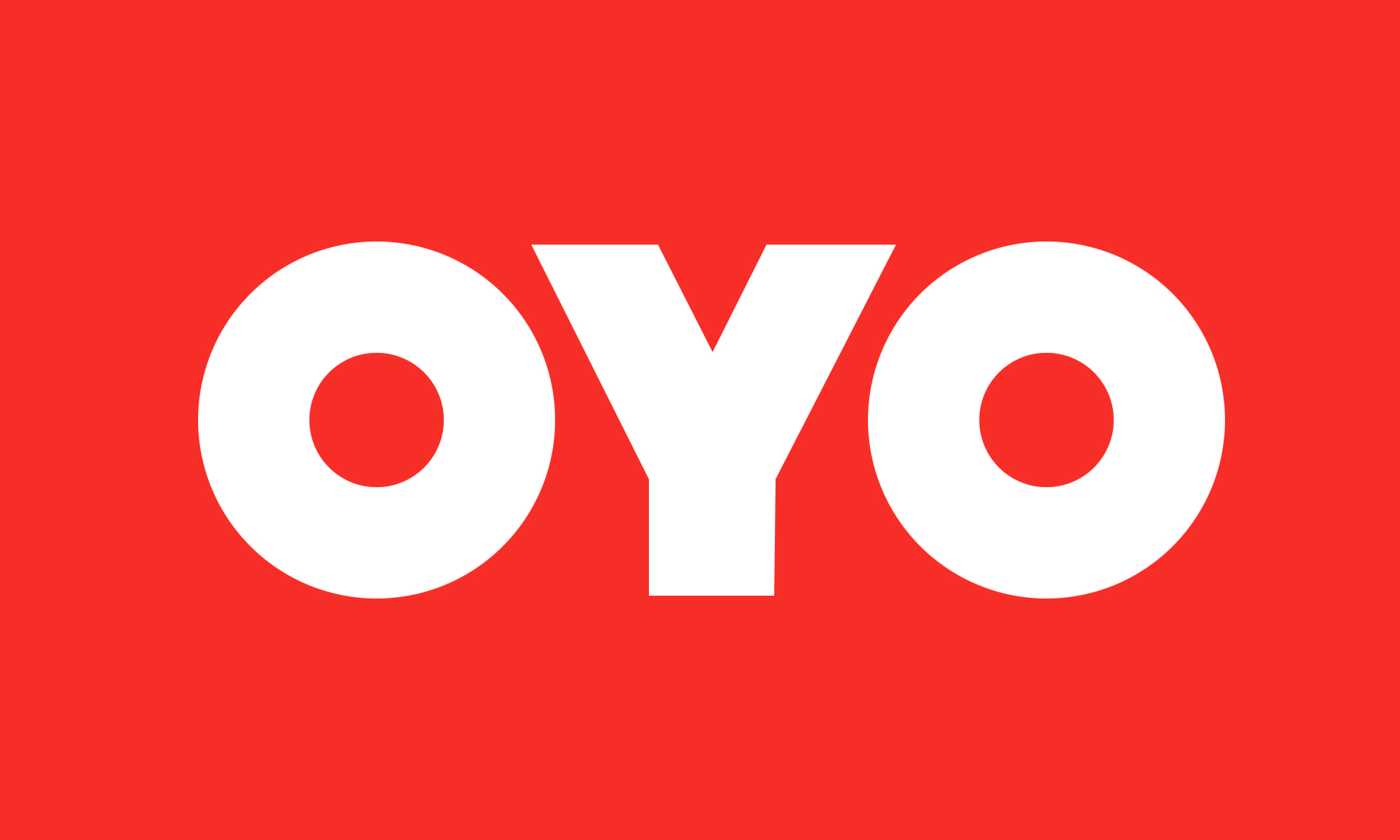
OYO HOTELS LTD
Last Traded Price
₹28.00 ( -48.15 % ) 🔻
Principles
Stock Performance
Company Details
COMPANY SNAPSHOT
Oravel Stays Ltd—engine behind OYO—is transitioning from a budget hotel aggregator into a diversified global hospitality player, combining technology-driven franchise models with emerging self-operated premium segments (Palette, SUNDAY). With eight consecutive EBITDA-positive quarters, full-year profits, and an IPO underway, the company is strategically positioned for growth across price points and markets.
Began as a budget hotel aggregator called Oravel Stays, rebranded to OYO Rooms in 2013.
Operates an asset-light, franchise/lease-based hospitality model, transforming unbranded properties into digitally-managed, standardized hotels.
Presence in 80+ countries, with more than 1 million rooms across 43,000+ properties in 800+ cities.
Brand & Segment Strategy
- OYO: Continues as the mass-market brand for budget stays.
- Palette: A premium self-operated hotel chain, first launched in Morbi, Gujarat, with plans to expand to 12+ direct-control properties.
- SUNDAY: Another premium/resort brand, already operating in Jaipur, Vadodara, Chandigarh, Manesar, and expanding to Gurugram and overseas markets like the UK and UAE.
Expansion & Growth
- Aiming to open 25 SUNDAY hotels in FY 2025 across Gurgaon, Manesar, Corbett, and other key markets.
- Tapped into business travel hubs such as Morbi’s ceramic cluster, leveraging growth in industrial regions.
Corporate & Market Outlook
- Oravel Stays holds ~85% promoter stake, with DRHP filed and an IPO in preparation.
- Backed by deep-pocketed investors like SoftBank, Lightspeed, and Airbnb.
- Consistently improving profitability and pushing into asset-light premium experiences, boosting investor confidence ahead of public listing.
INDUSTRY OUTLOOK
Market Size & Growth
- The Indian hotel industry is projected to reach ₹1.65 lakh crore (~$20 billion) in FY 2025, growing at a CAGR of ~8–10%.
- Occupancy rates (OR) have stabilized at 65–70%, with Average Daily Rates (ADR) and Revenue per Available Room (RevPAR) surpassing pre-COVID levels.
- Domestic travel and weddings have become core demand drivers, with strong growth in religious tourism, leisure travel, and business travel resuming steadily.
Key Growth Drivers
Domestic Tourism Boom
- Rise of weekend getaways, spiritual circuits (e.g., Ayodhya, Varanasi), and short-haul trips post-pandemic.
Infrastructure Push
- Government investments in airports, highways, and Smart Cities improving last-mile connectivity.
G20 & Global Events Impact
- Events like G20 summits and ICC World Cup 2023 boosted occupancy and international visibility.
Rise of Mid-Scale & Budget Hotels
- Chains like OYO gaining dominance in Tier II/III cities.
Digitalization & Tech
- Contactless check-ins, cloud PMS, AI-based dynamic pricing gaining adoption across segments.
Tourism Revival
- Inbound tourism on the rise again post-COVID, though still trailing domestic volume.
- Government’s “Dekho Apna Desh” and ease of visa efforts supporting international arrivals.
- Medical tourism and eco-tourism are also key long-term tailwinds.
Summary
India’s hotel industry is in a strong growth phase post-pandemic, driven by domestic demand, infrastructure development, and increasing affordability. Mid-scale, budget, and religious tourism are fueling expansion, while digital transformation and asset-light models are shaping the future. The outlook remains positive with stable margins, growing occupancy, and renewed investor confidence.
LATEST SHAREHOLDING
| Shareholder Name | Stake (%) |
|---|---|
| SVF India Holdings (Cayman) Ltd | 46.6% |
| RA Hospitality Holdings (Cayman) | 43.9% |
| Ritesh Agarwal (direct promoter stake) | 1.03% |
| Lightspeed Venture Partners | 3.4% |
| Sequoia Capital India | 2.1% |
| Greenoaks Capital | 1.6% |
| Airbnb Inc. | 1.0% |
| Others (including employees/ESOP) | 0.37% |

Contact Us
If you'd like to learn more about The Angel Investing and how we can assist you in navigating your Unlisted Shares investment journey, Please get in touch with us.
Reach out to us
Email: Info@thangiv.com Phone:+91 9740940369
Our expert would be happy to provide you personal assistance for your queries.
